Urging Enhanced Integration of Soil Health in NDCs at COP28
December 9th, COP28 UAE - In an event held at the Land & Drought Resilience Pavilion, the Coalition of Action 4 soil Health, the WWF, CIFOR-ICRAF and AICCRA convened a discourse on the imperative need to reinforce Nationally Determined Contributions (NDCs) by emphasizing soil health and nature-based solutions (NbS). The event, titled “Strengthening NDCs for Soil Health - learning from practical experience”, brought together a multitude of stakeholders including government representatives, scientists, farmers, and development practitioners to deliberate on critical action for soil health to shape the global climate agenda.
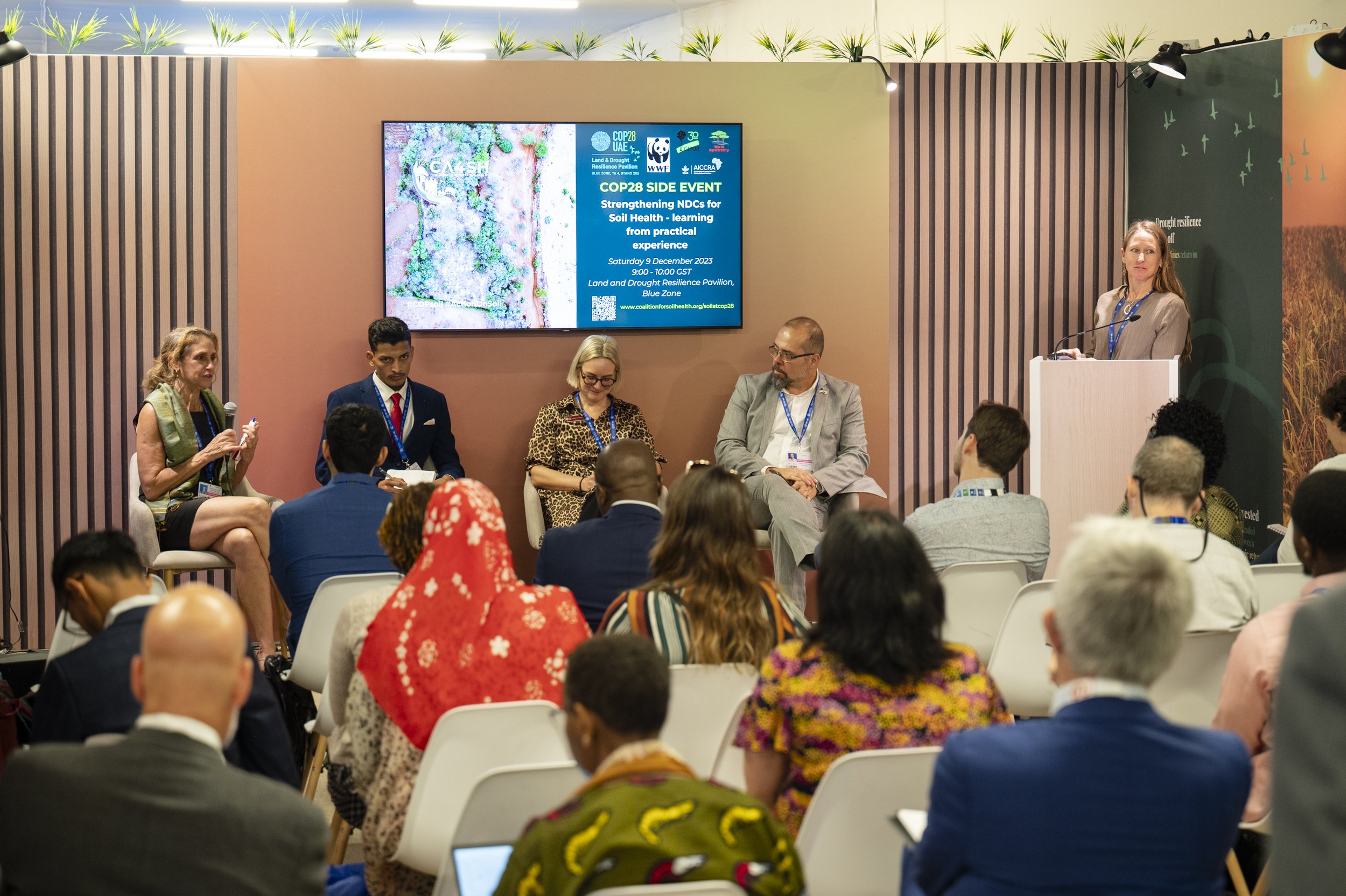
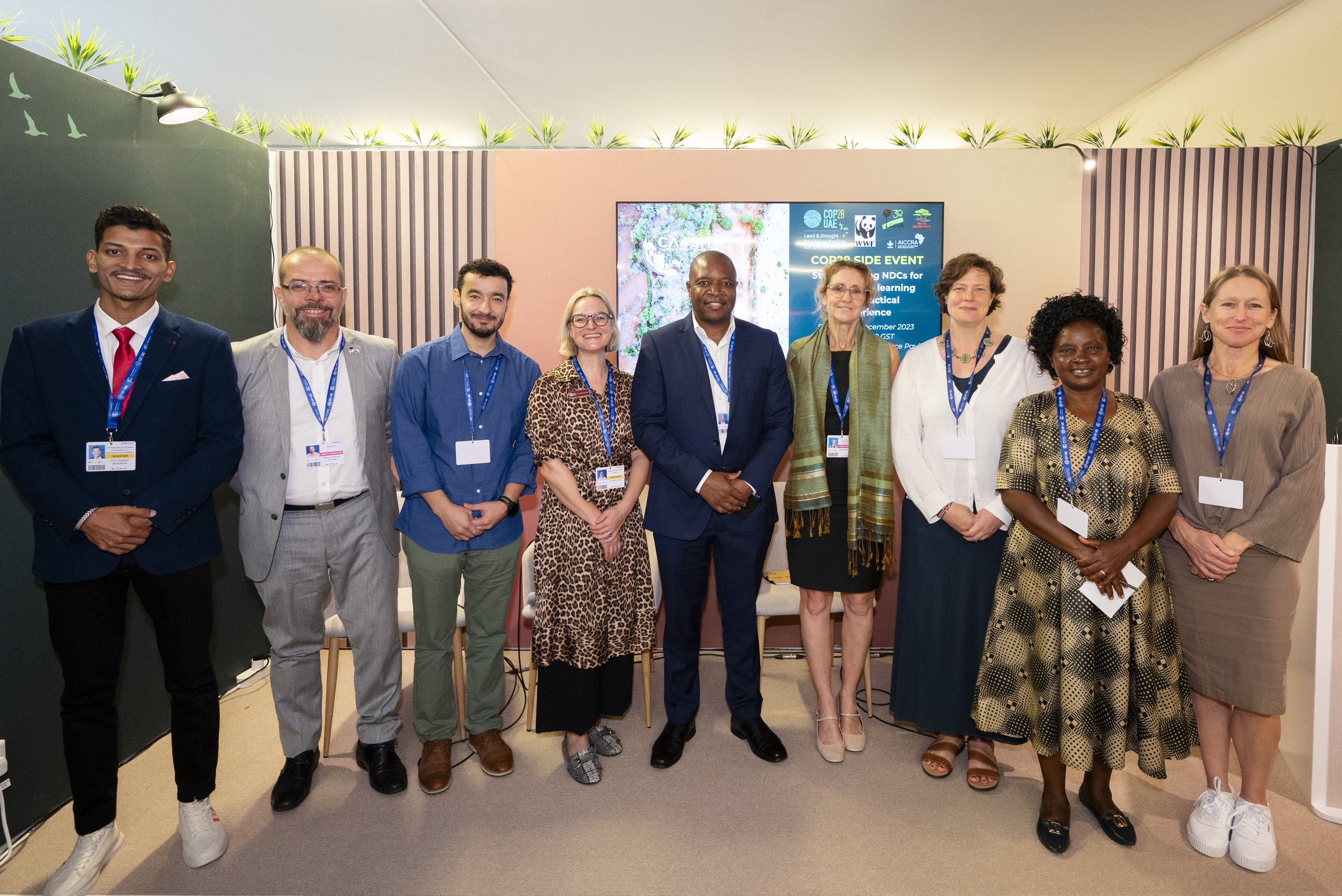
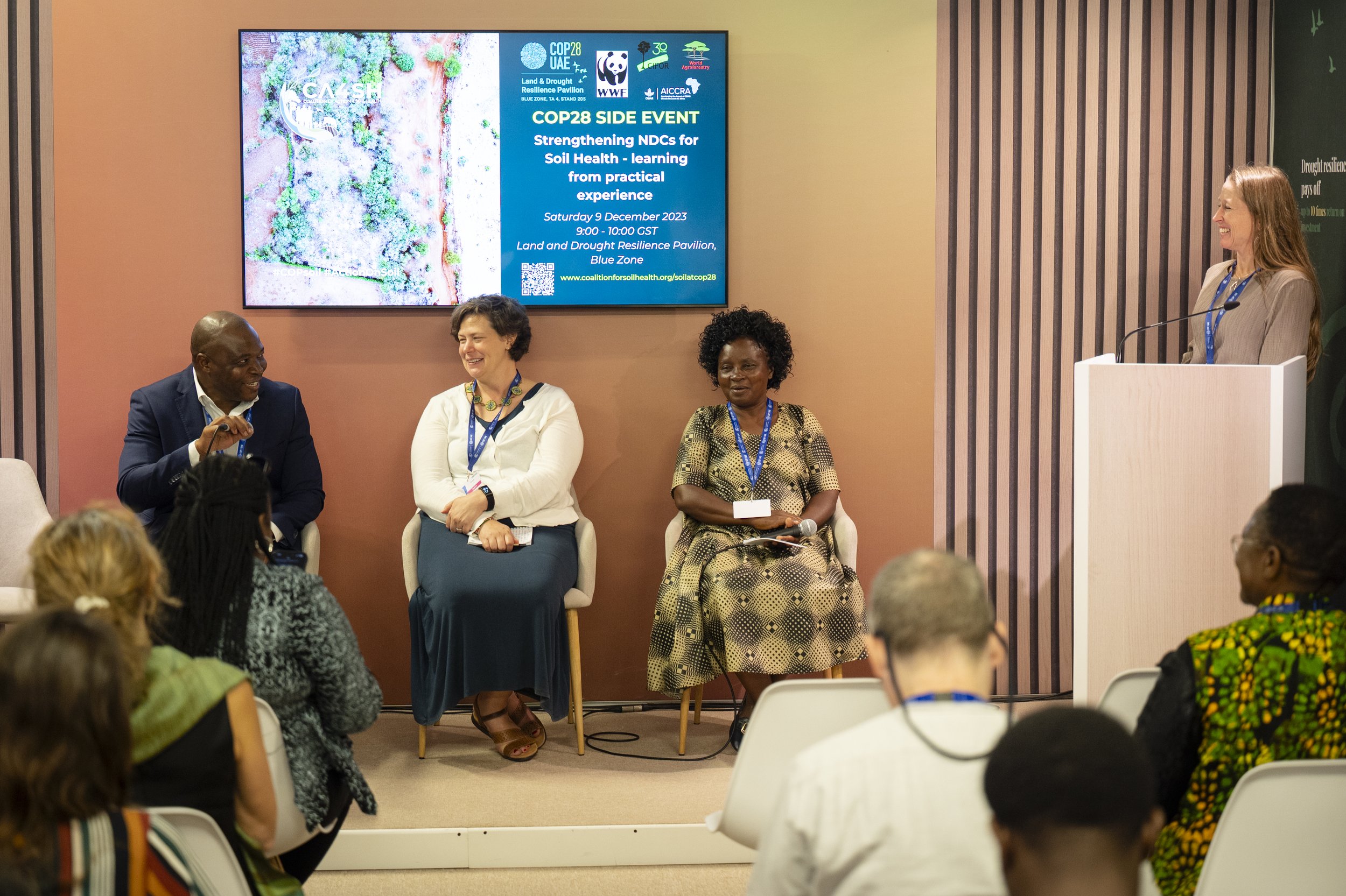
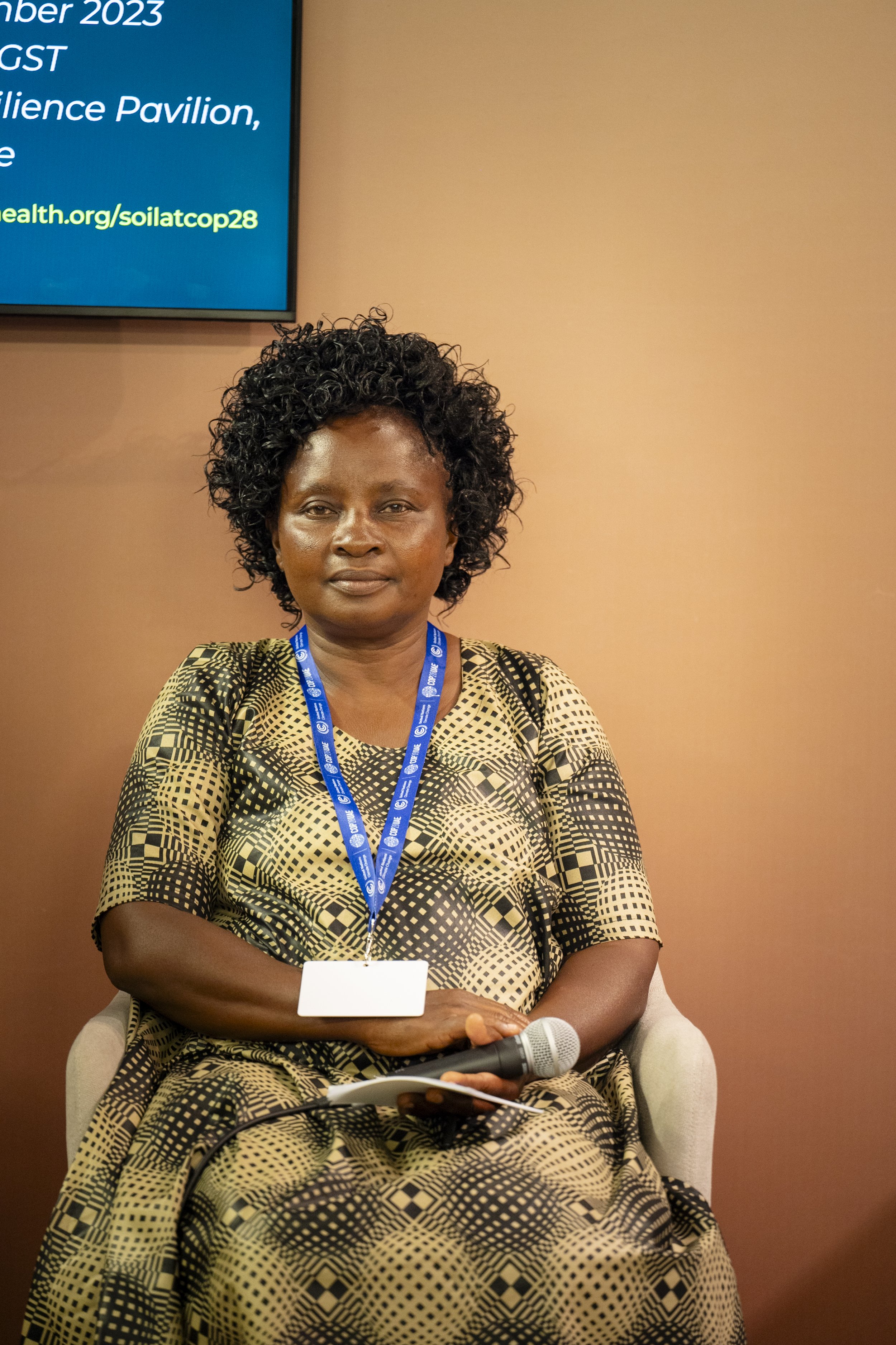
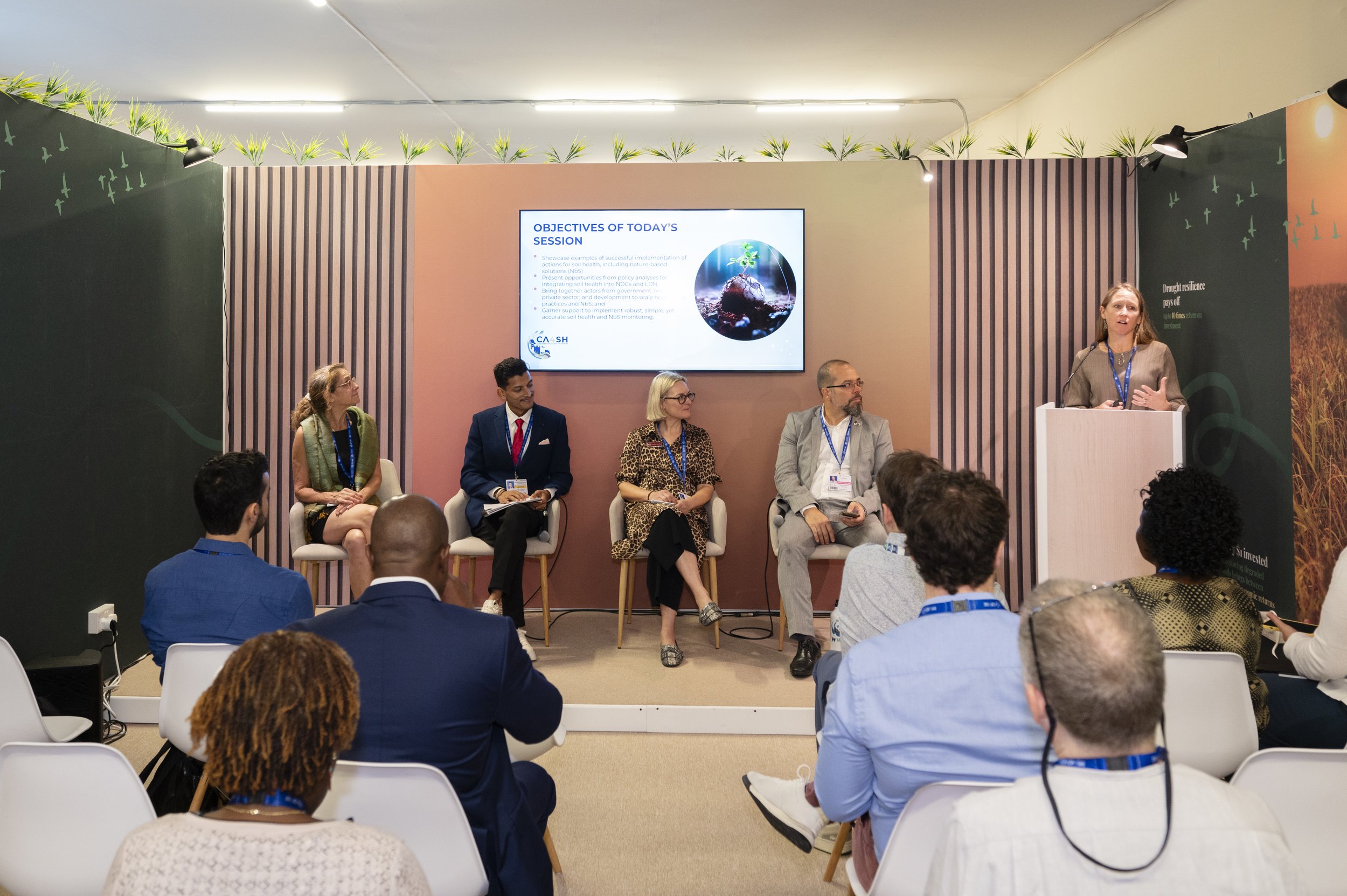
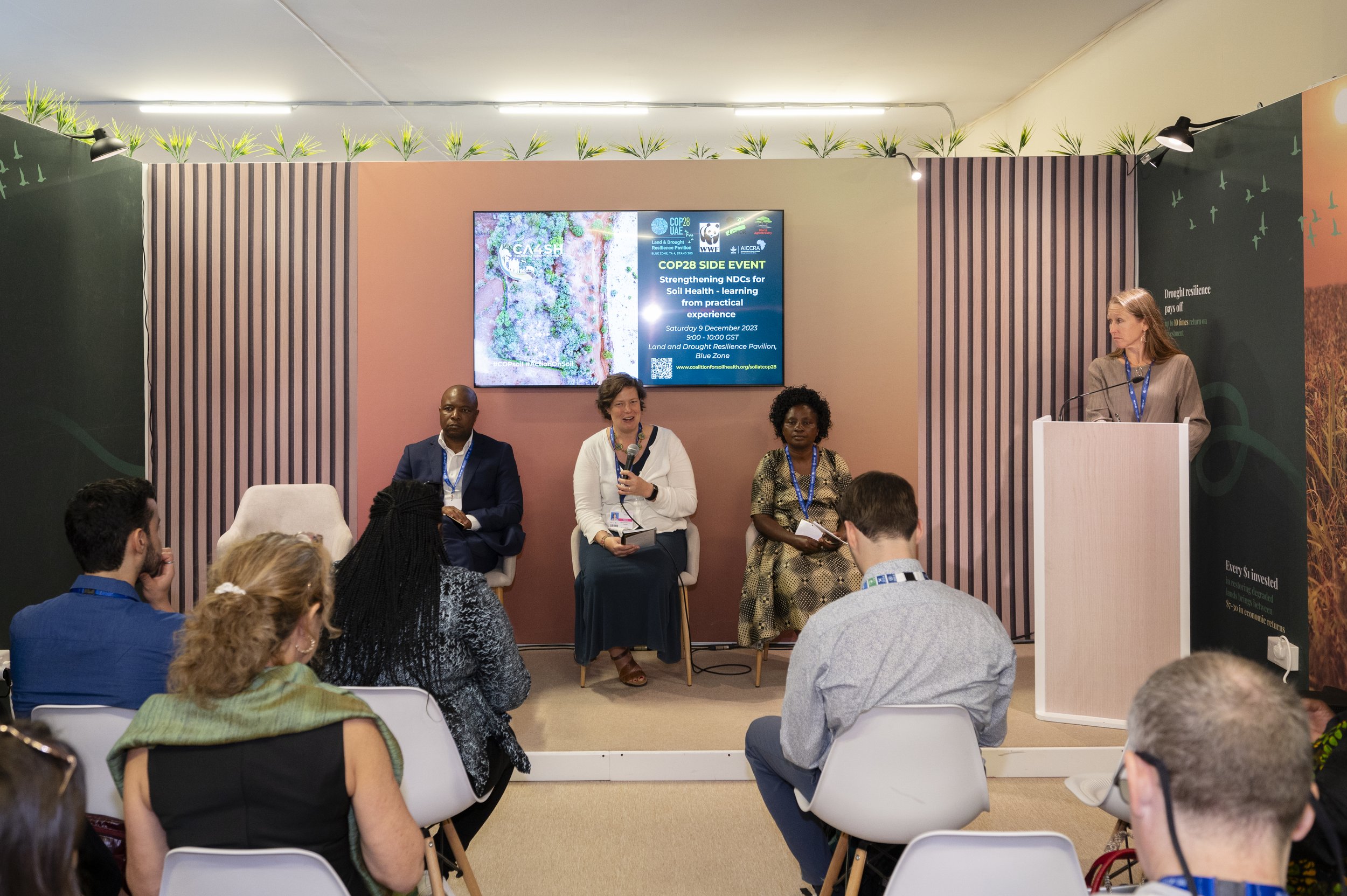
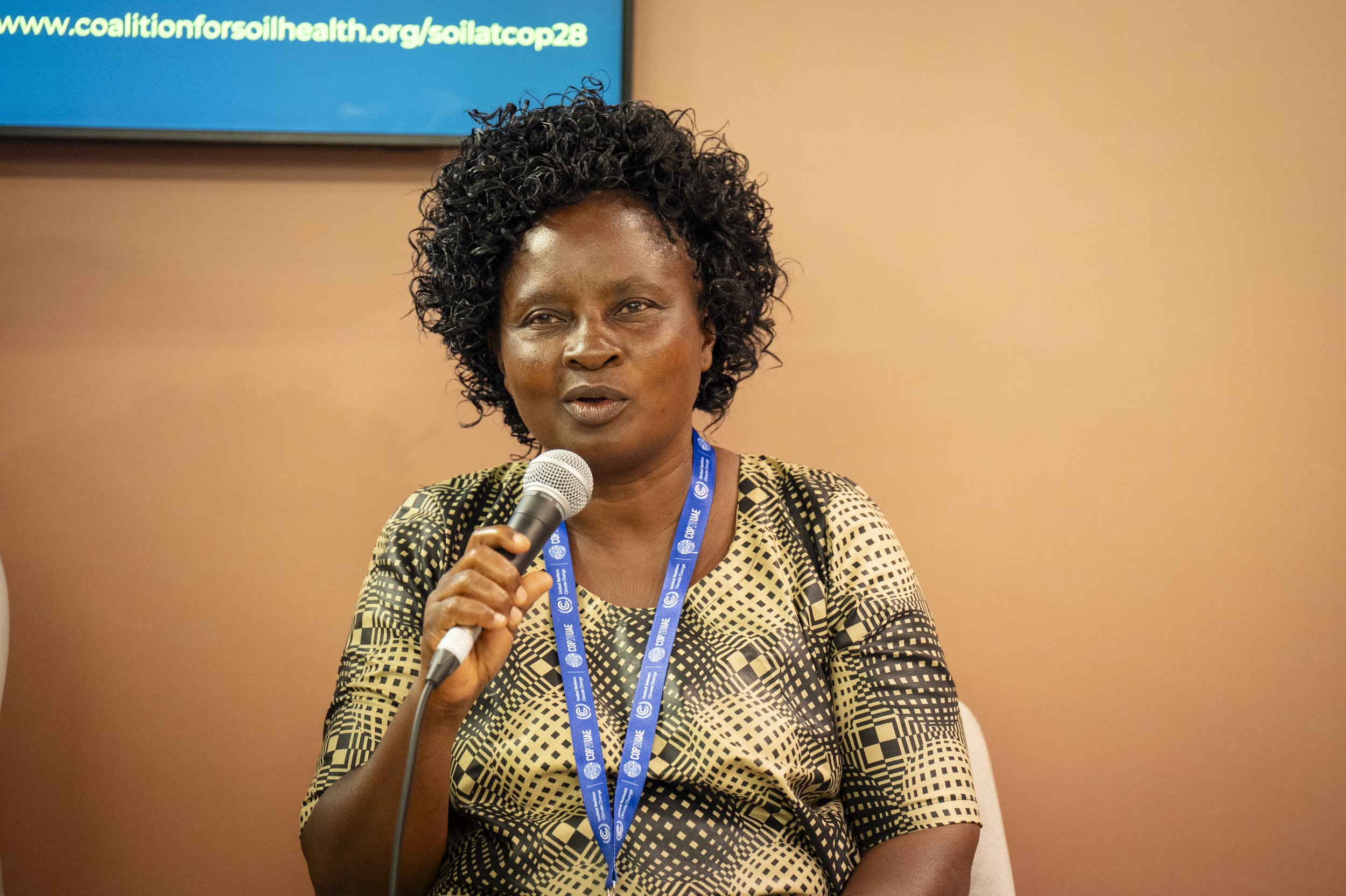
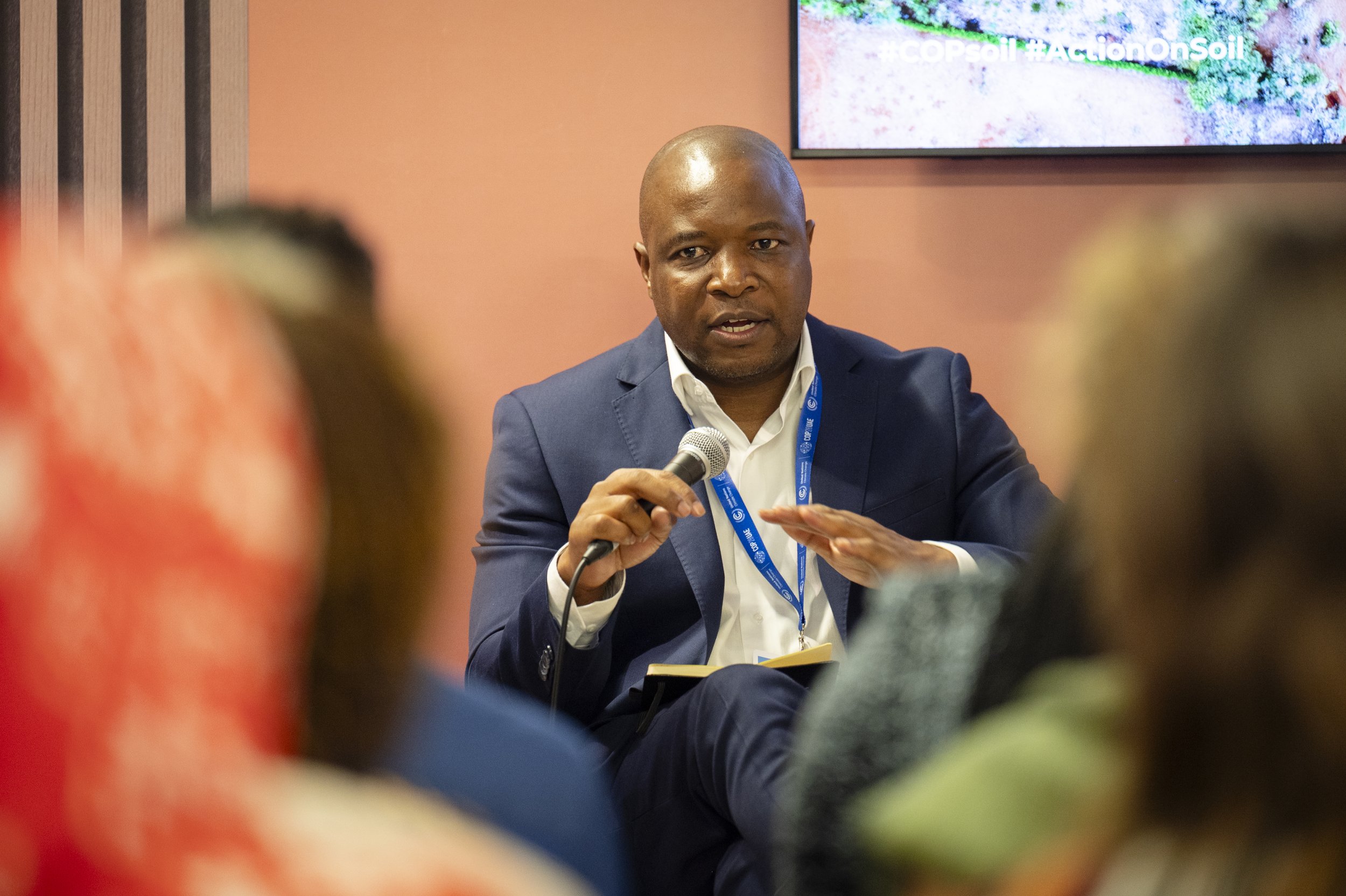

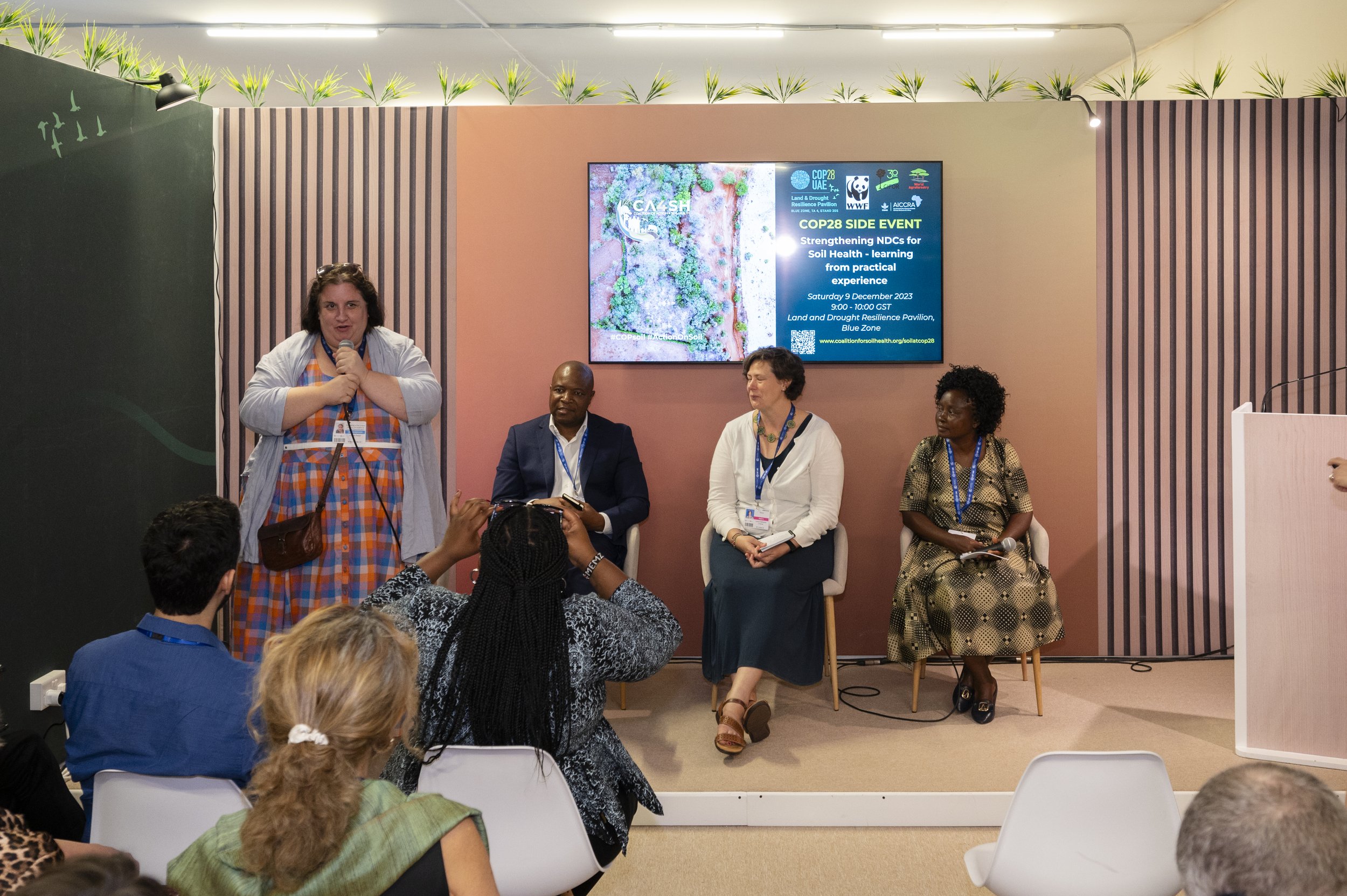
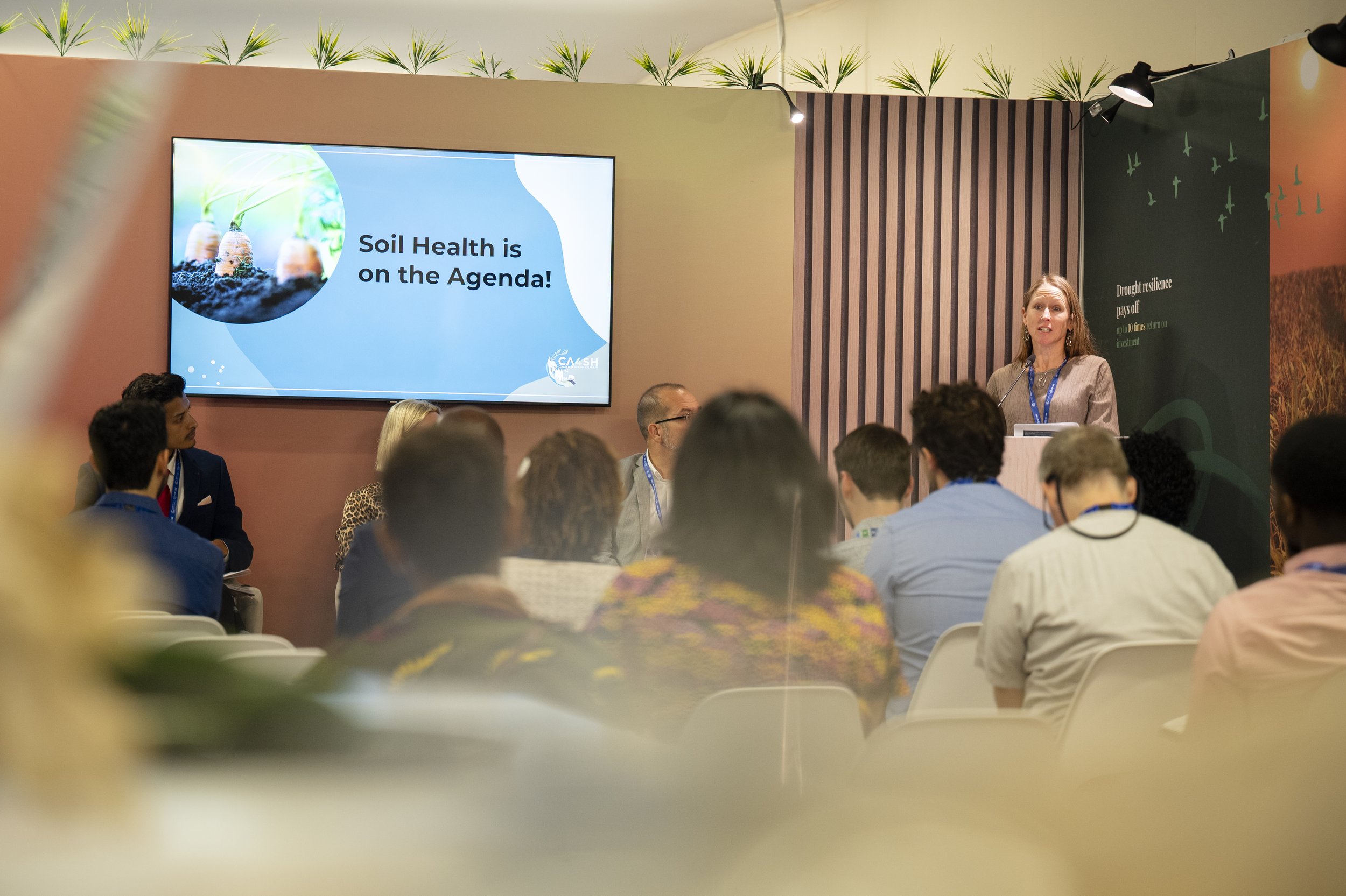
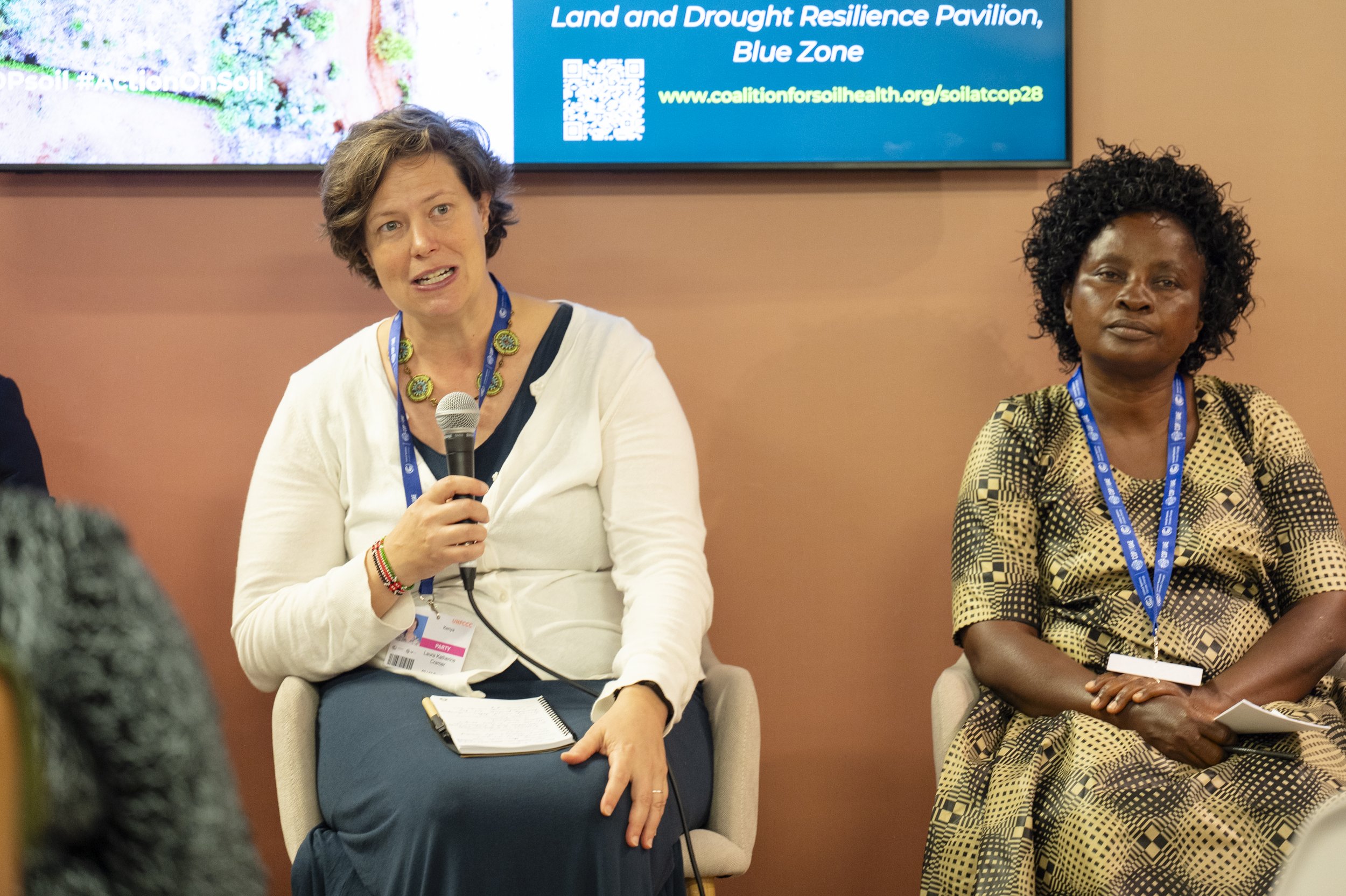
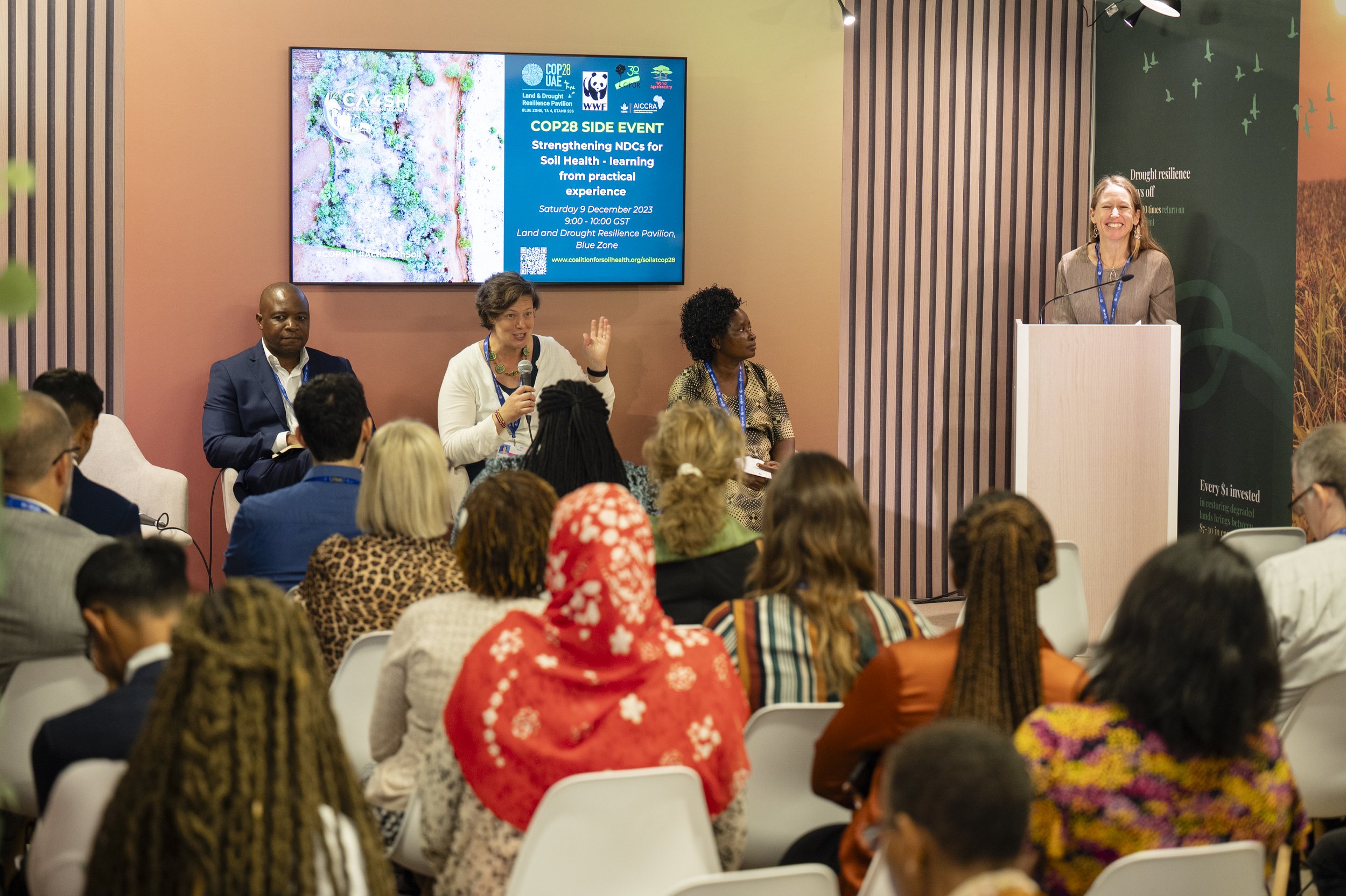
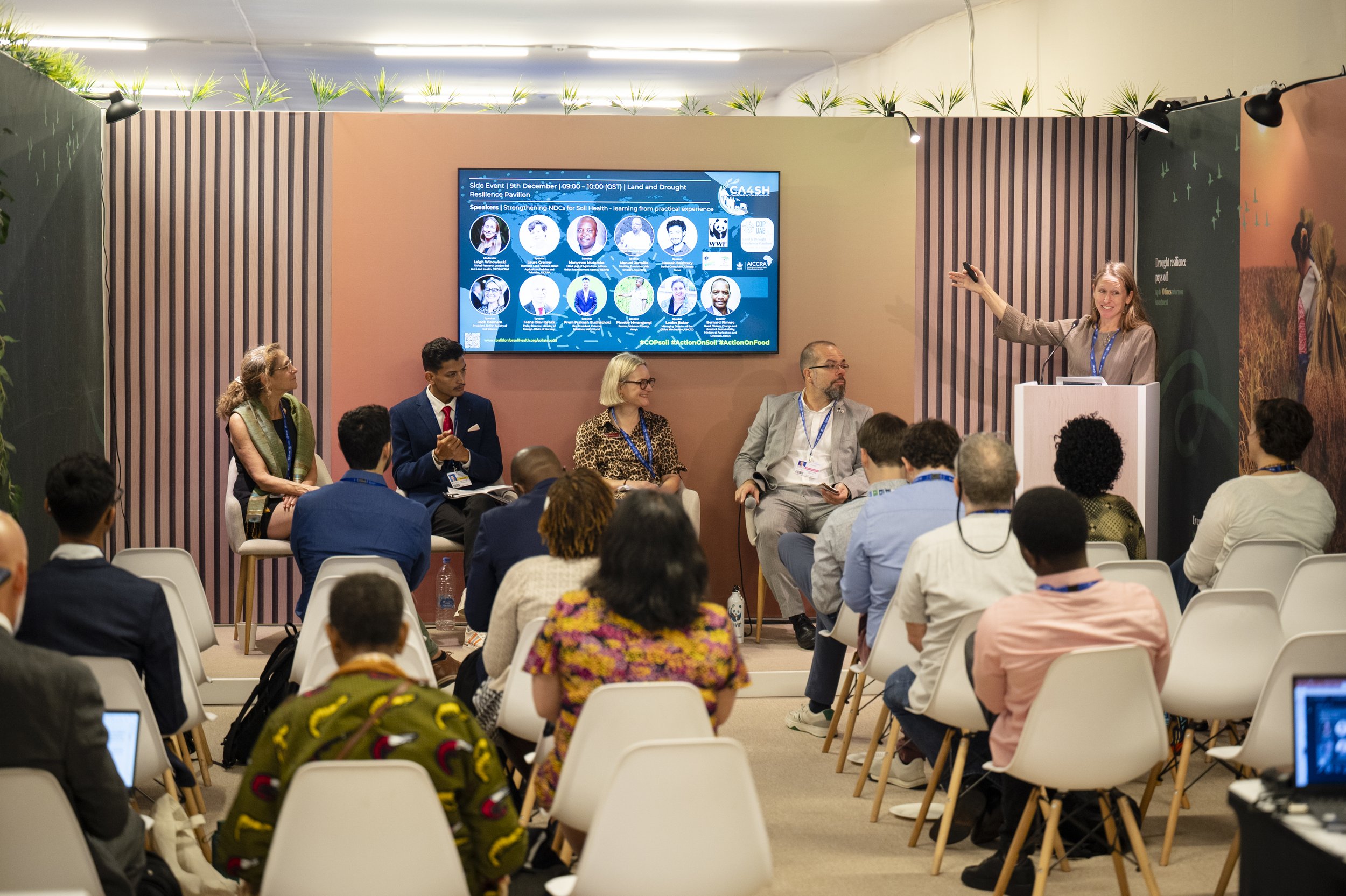
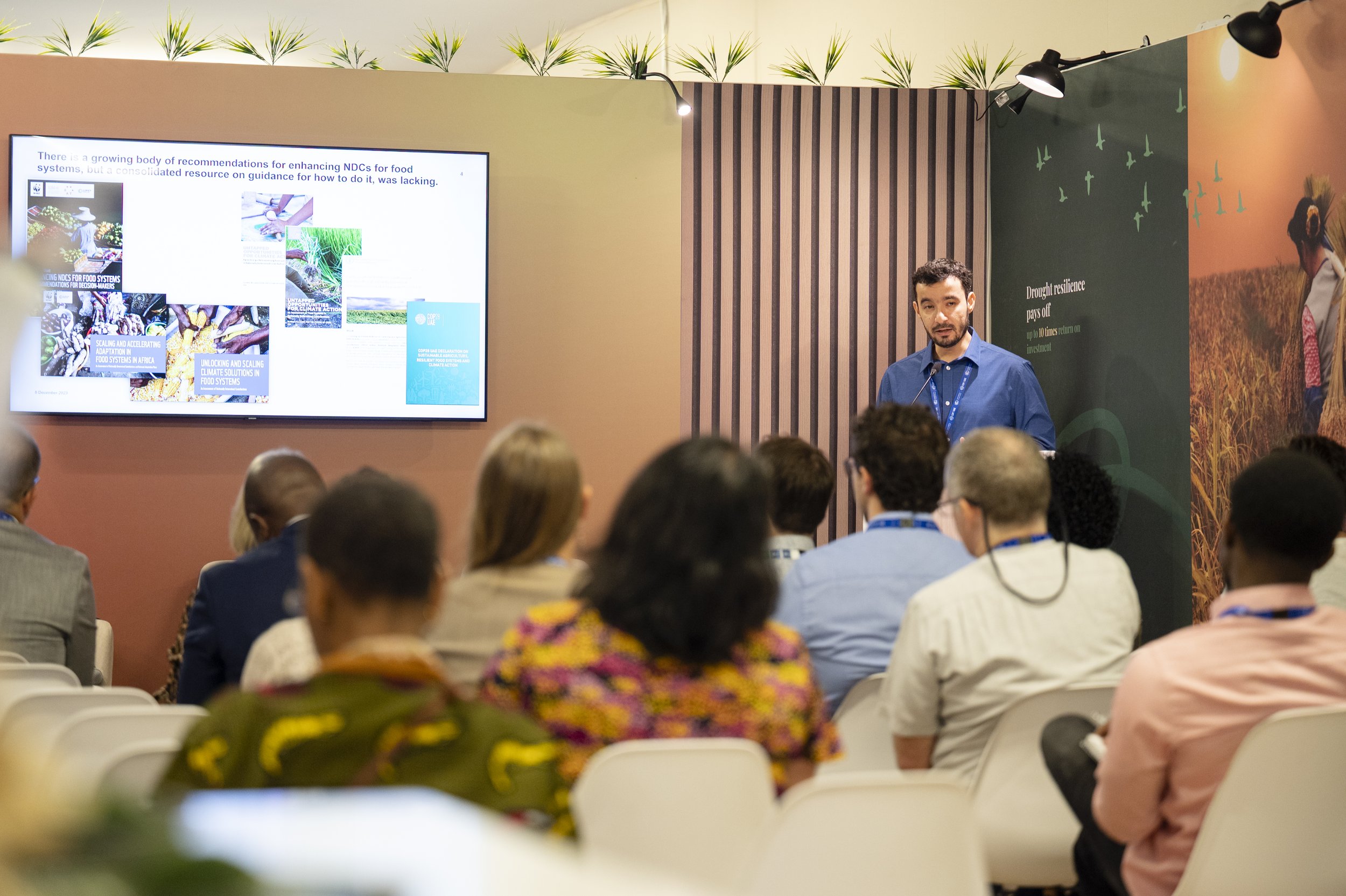
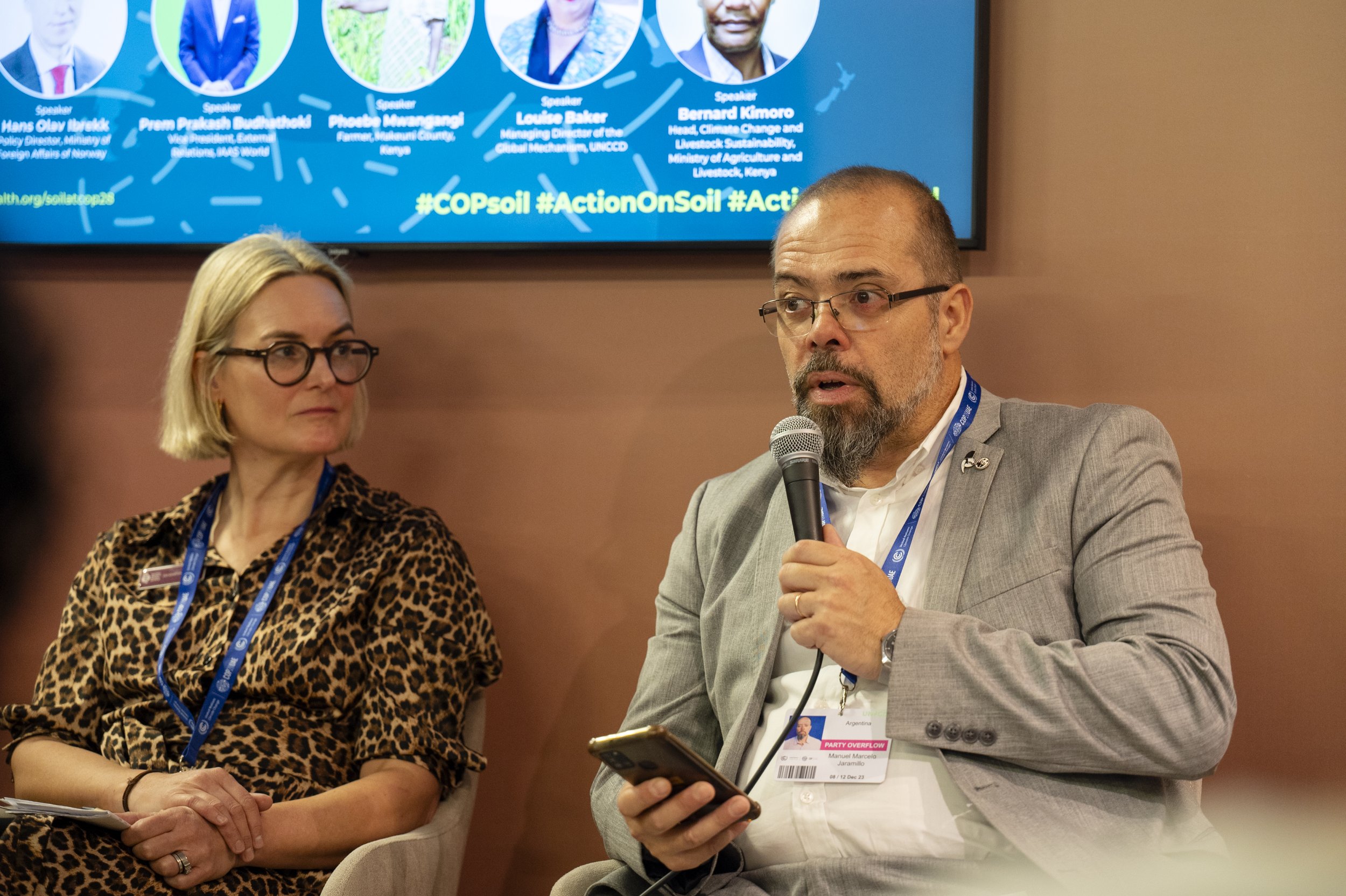
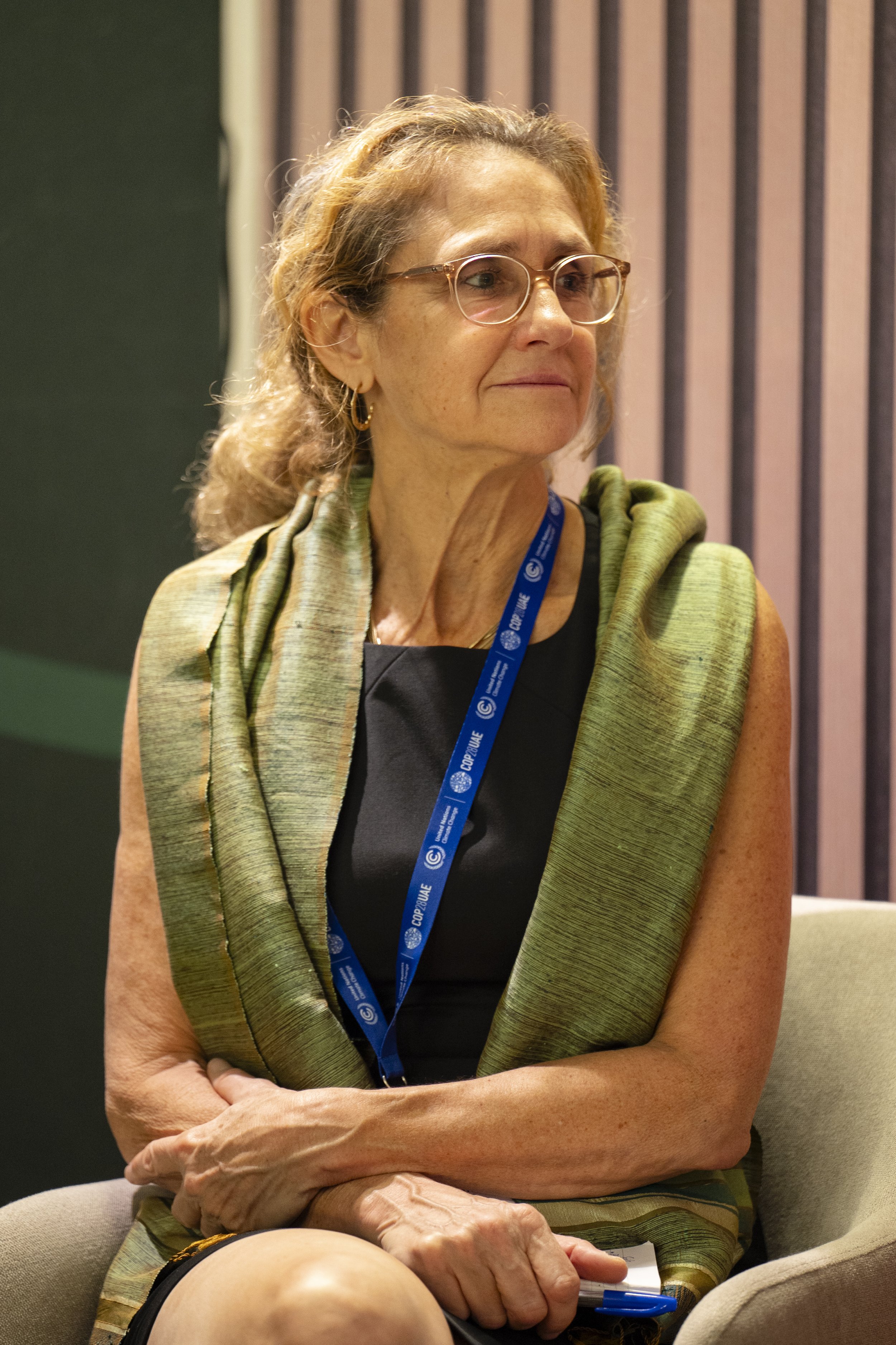
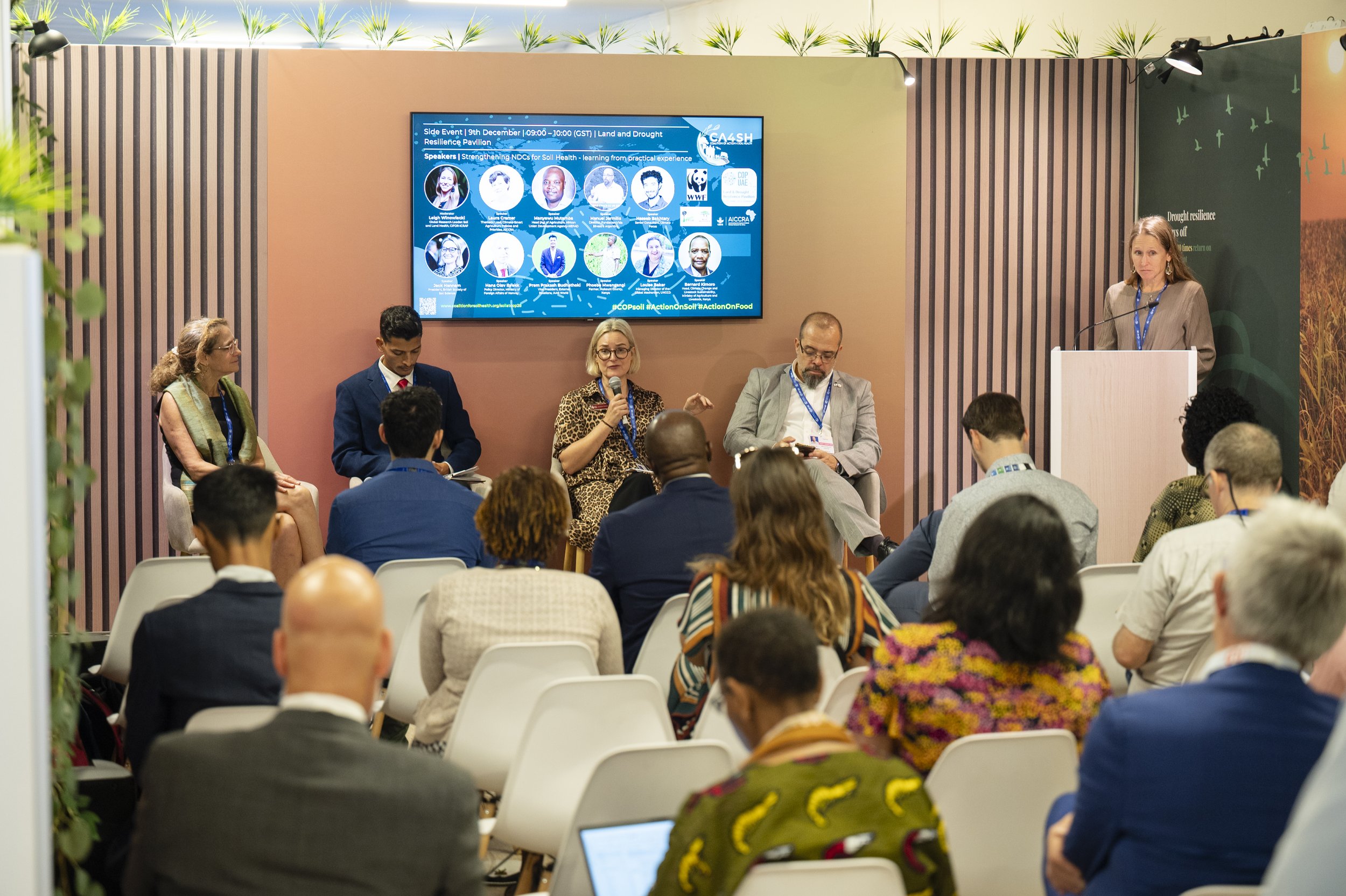
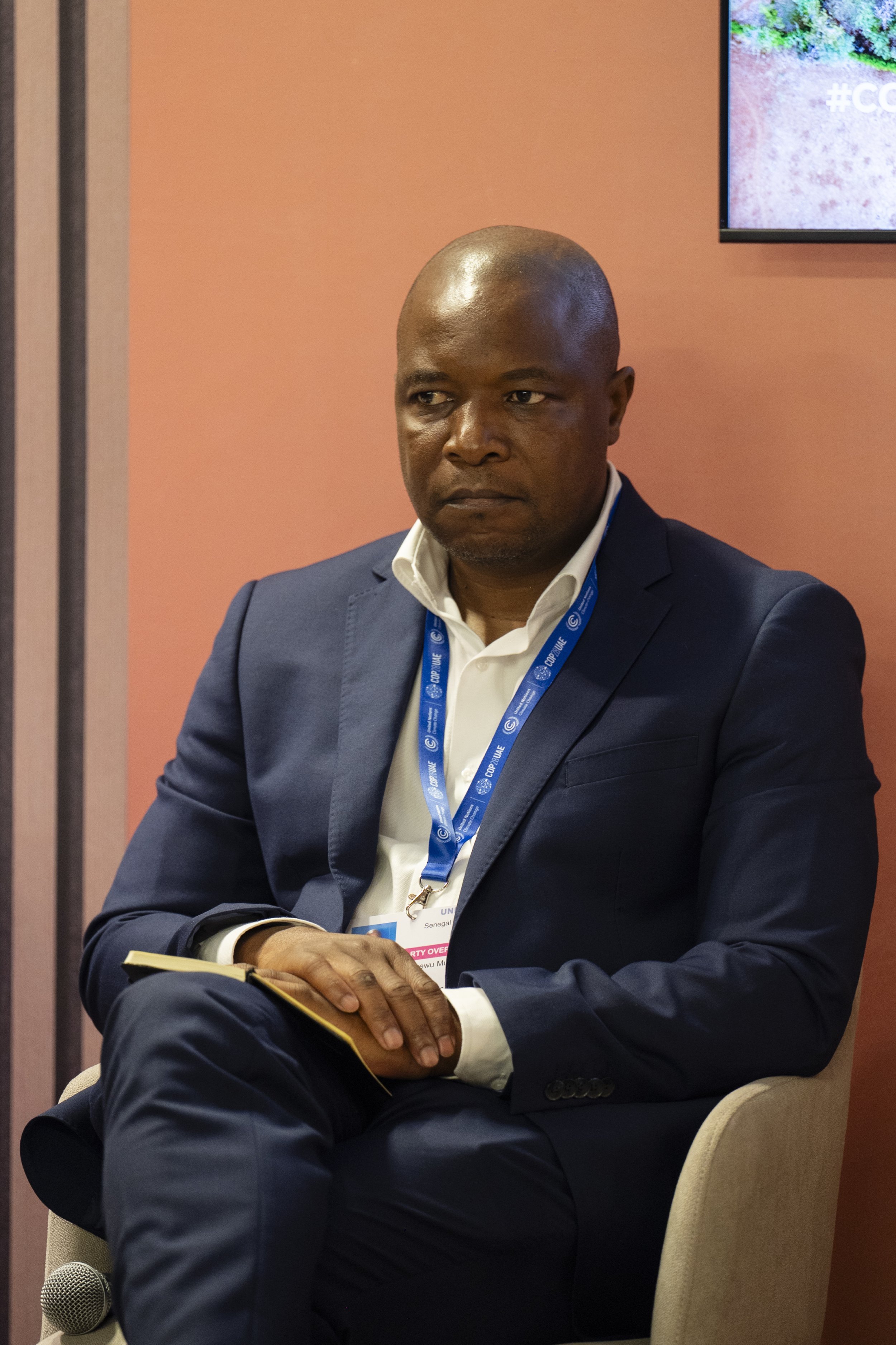
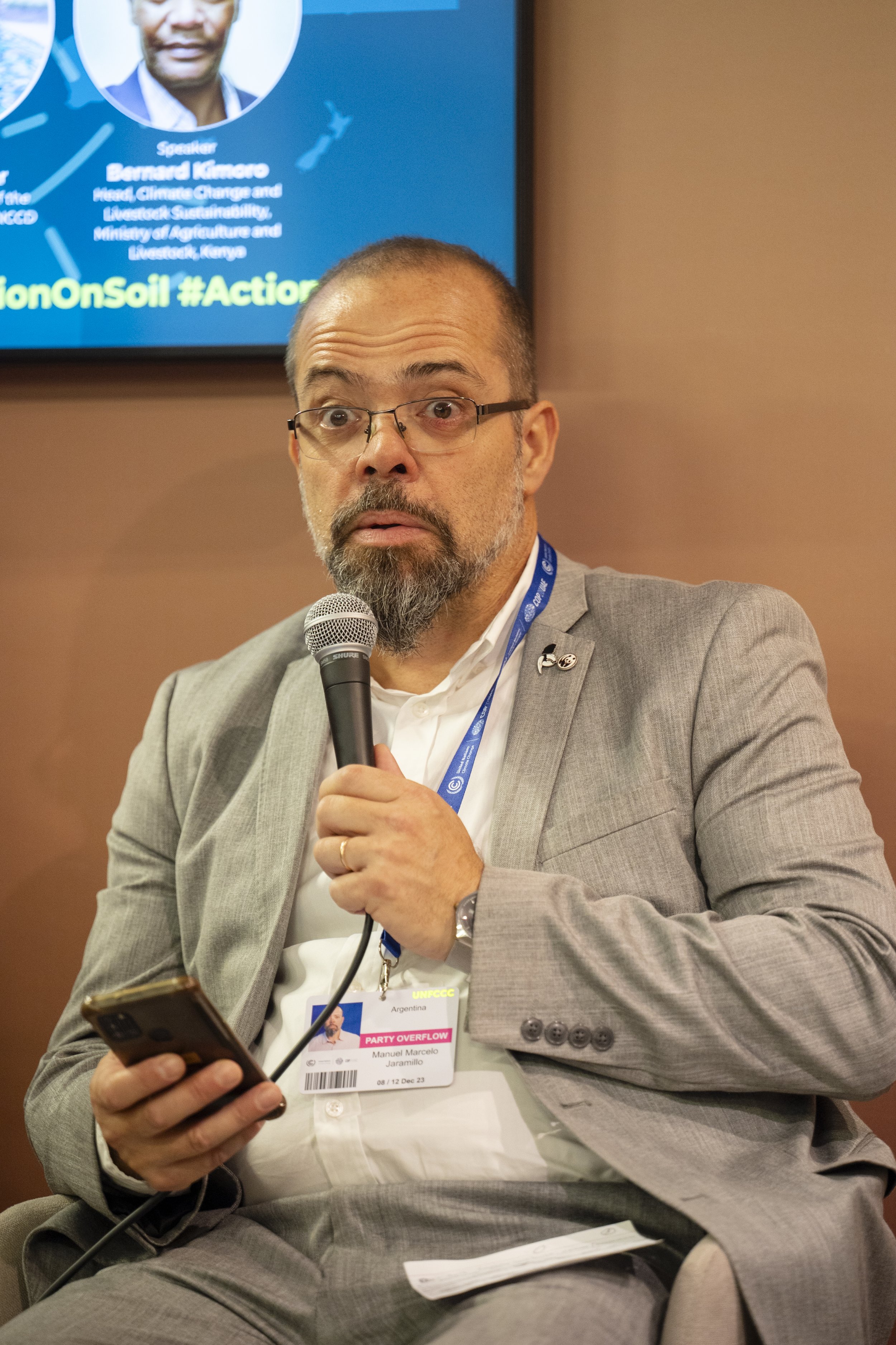
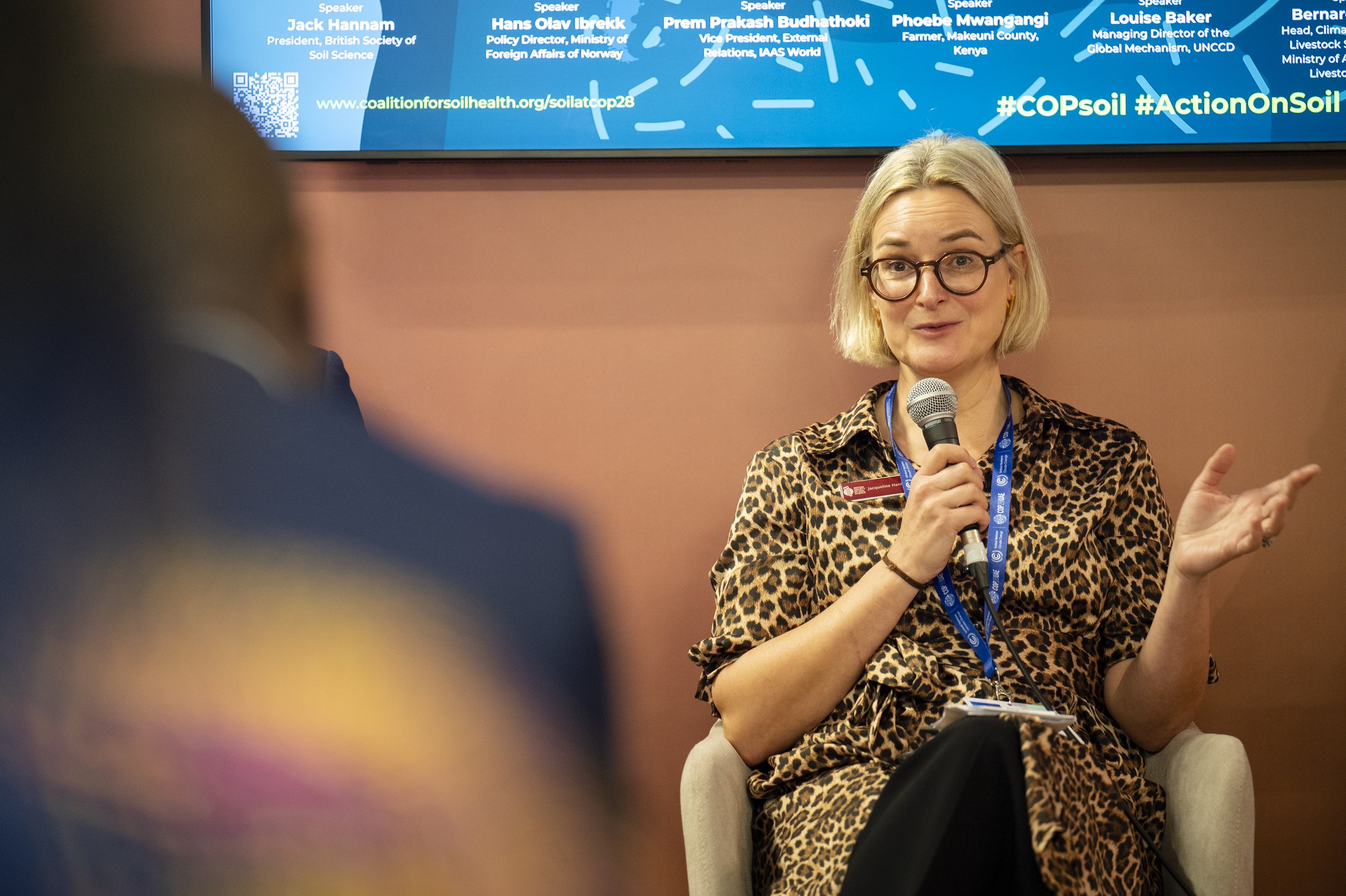

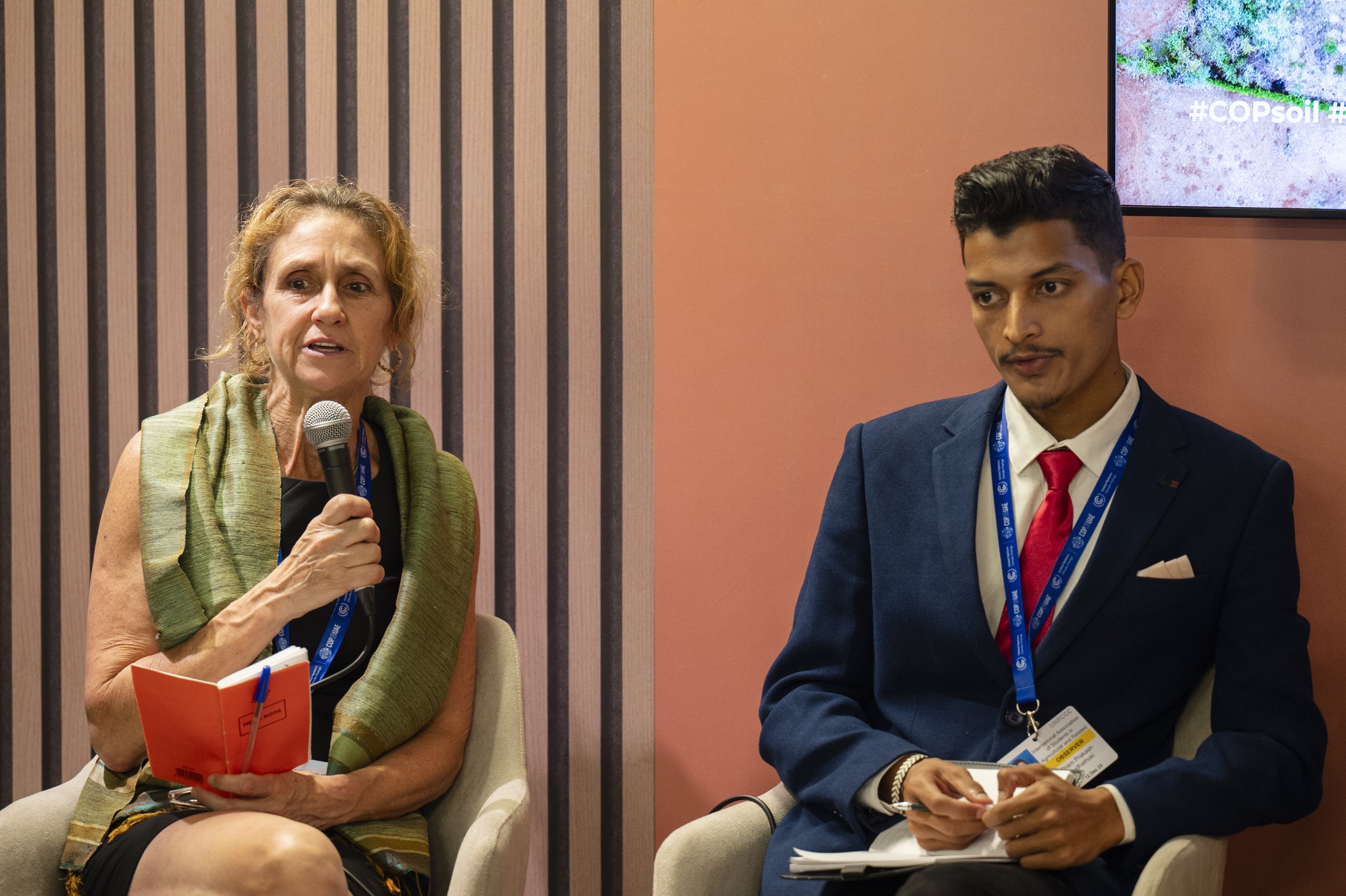
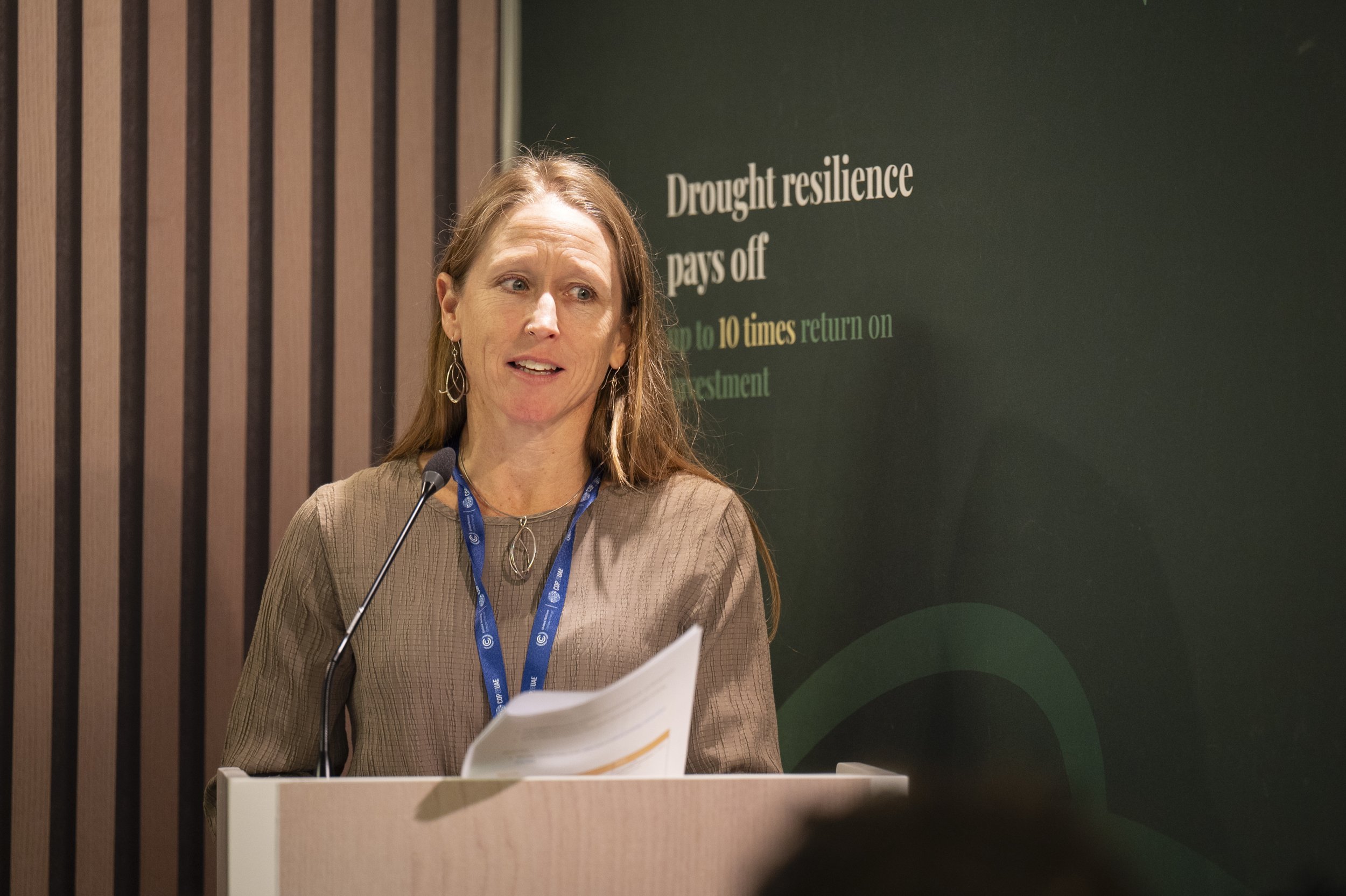
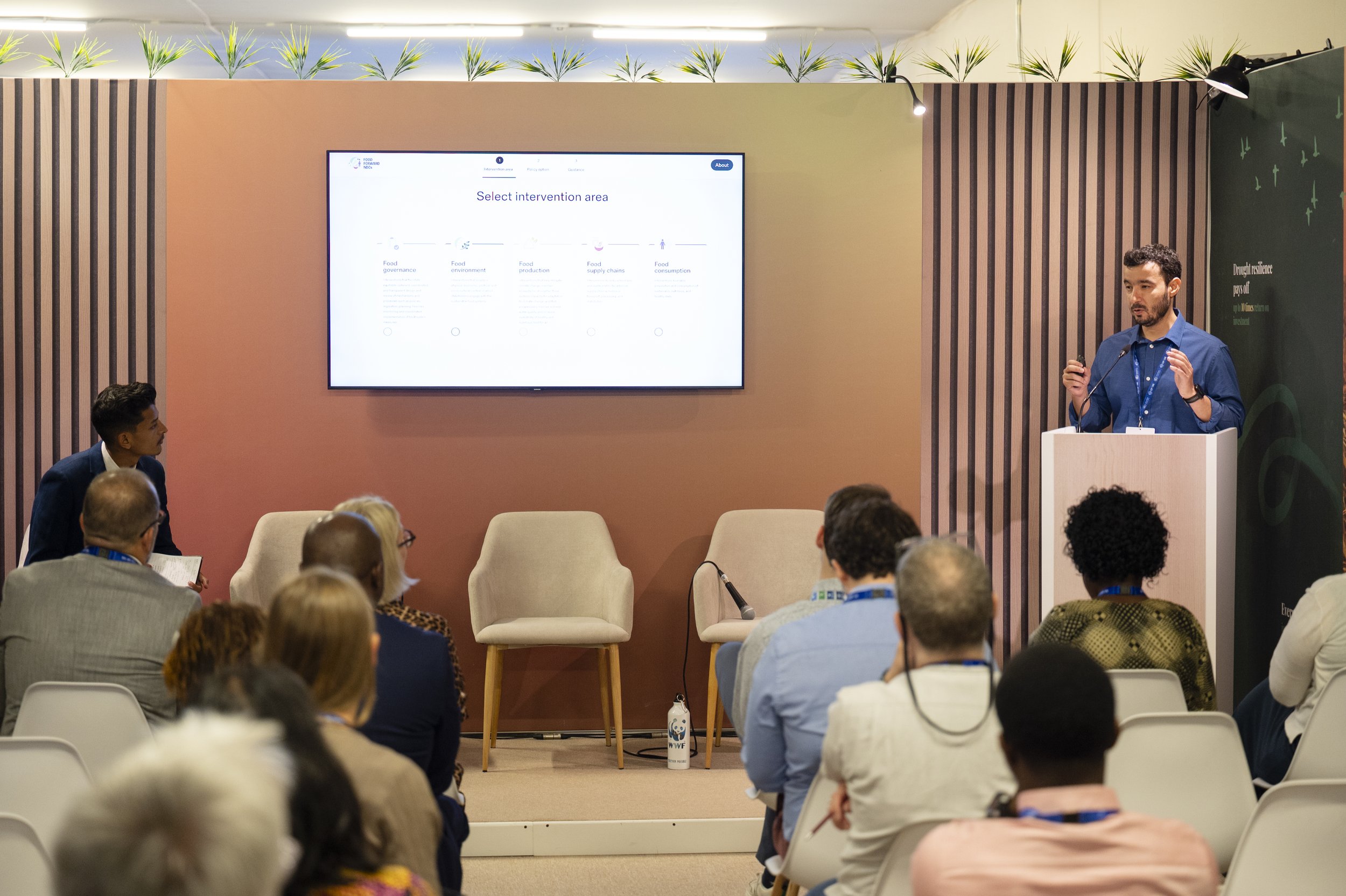
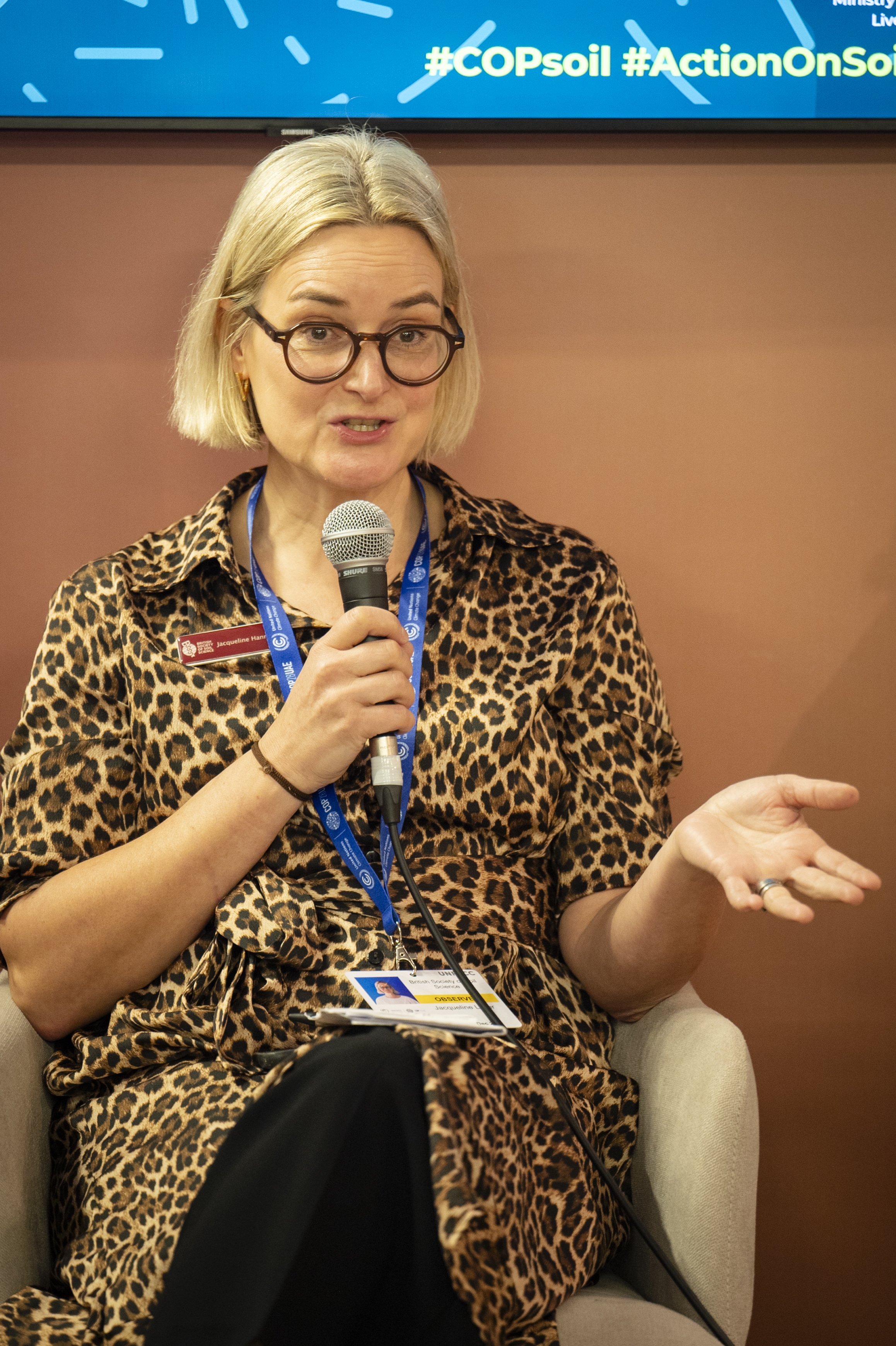
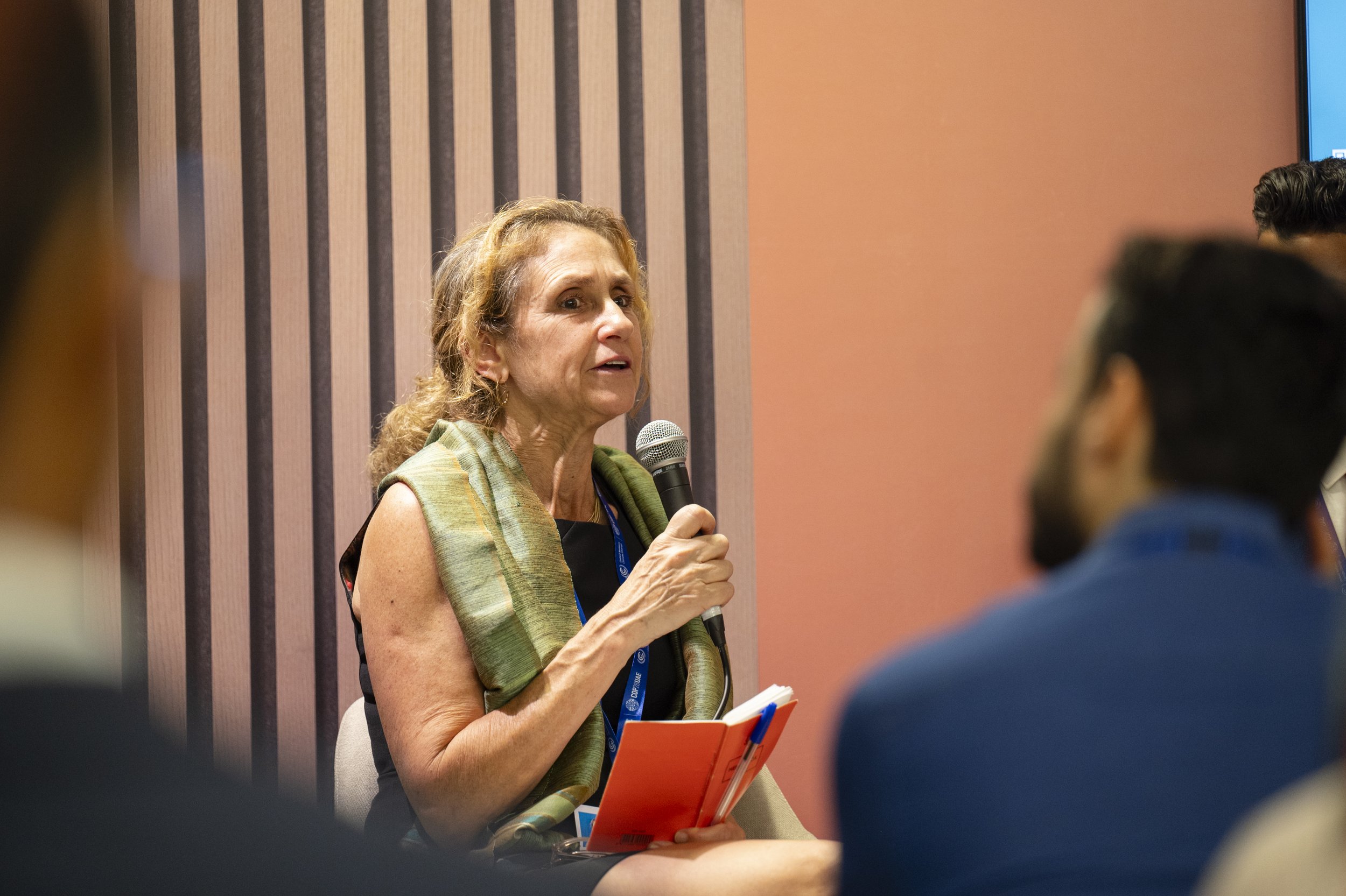
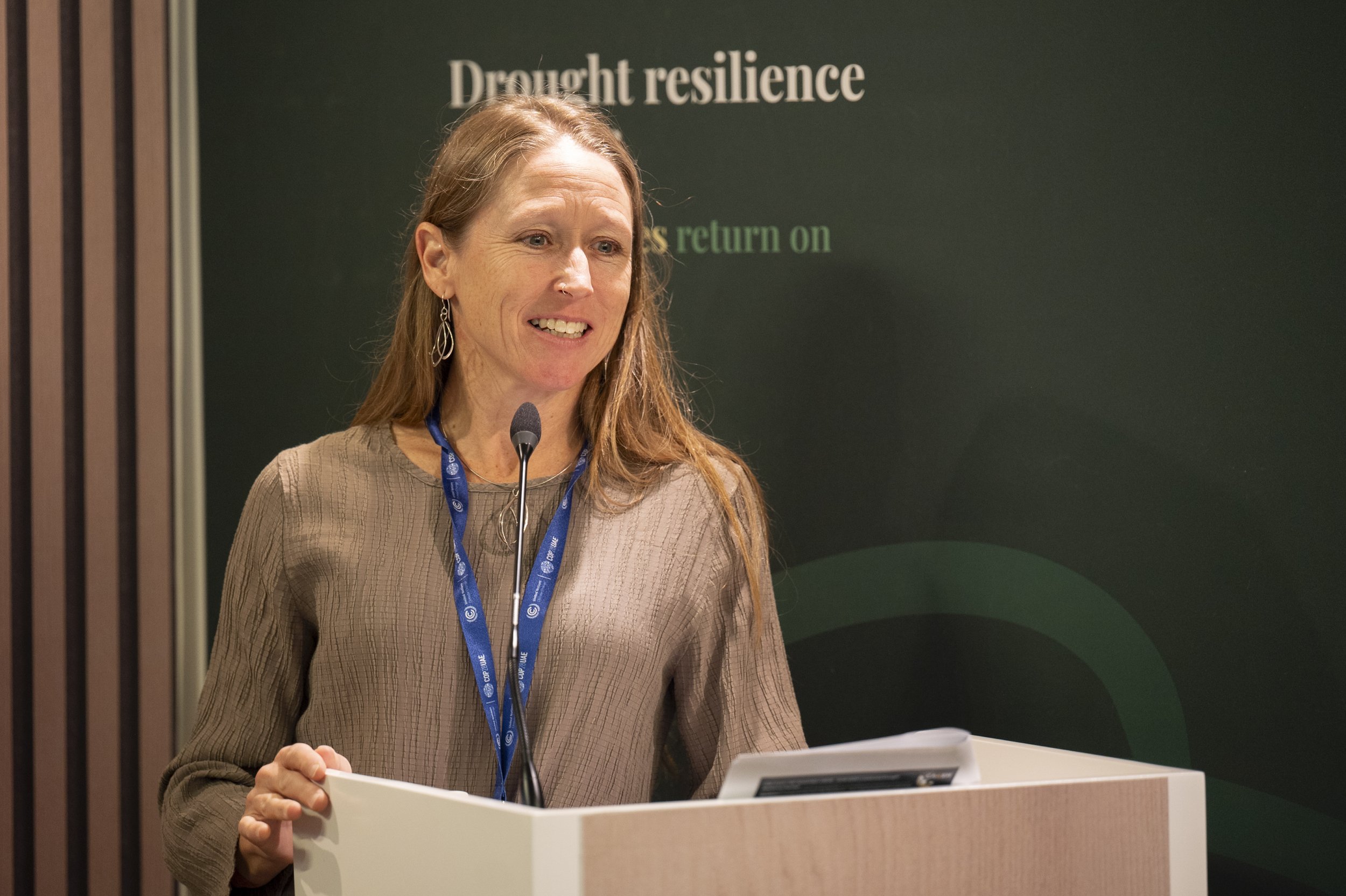
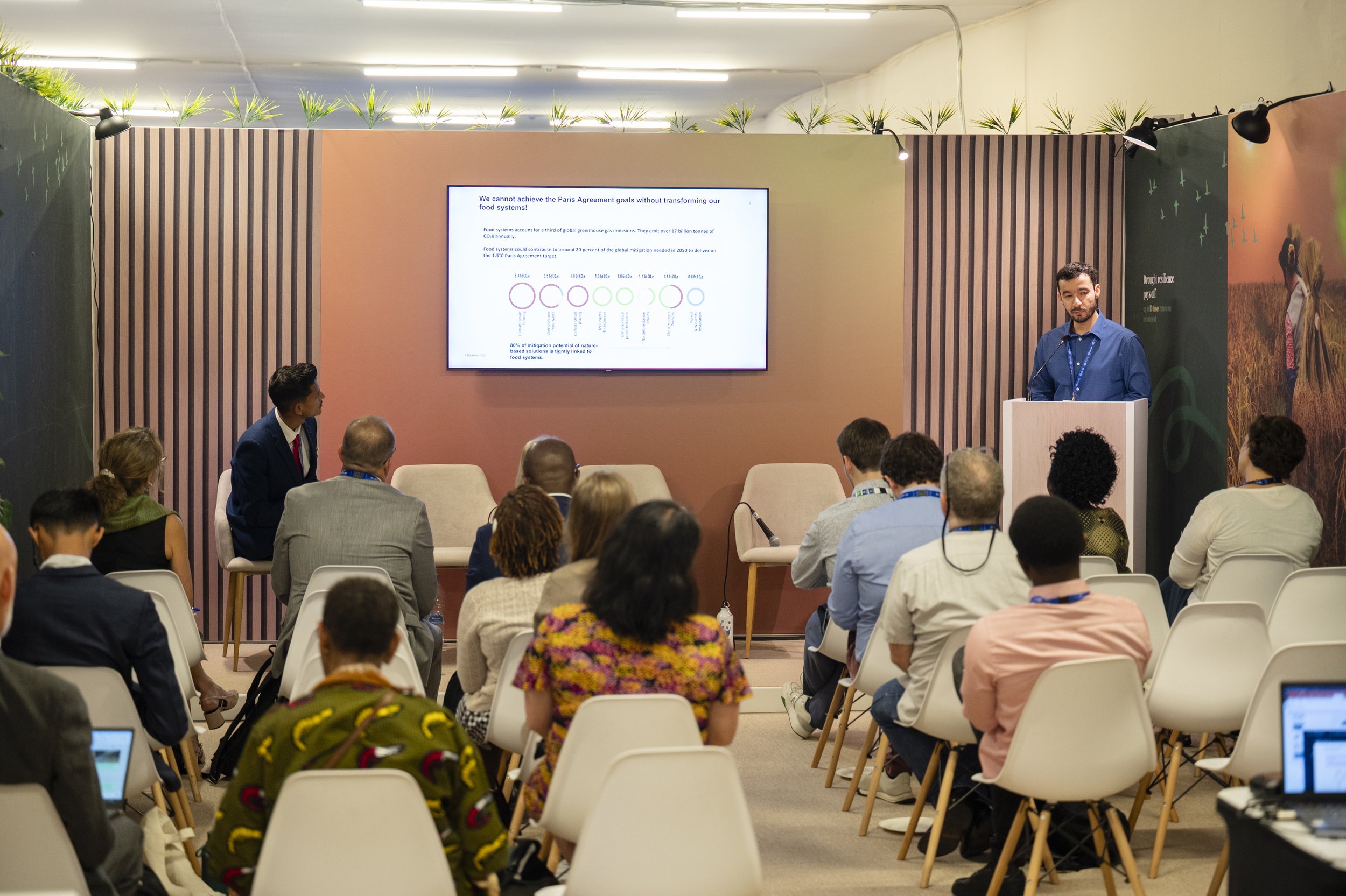
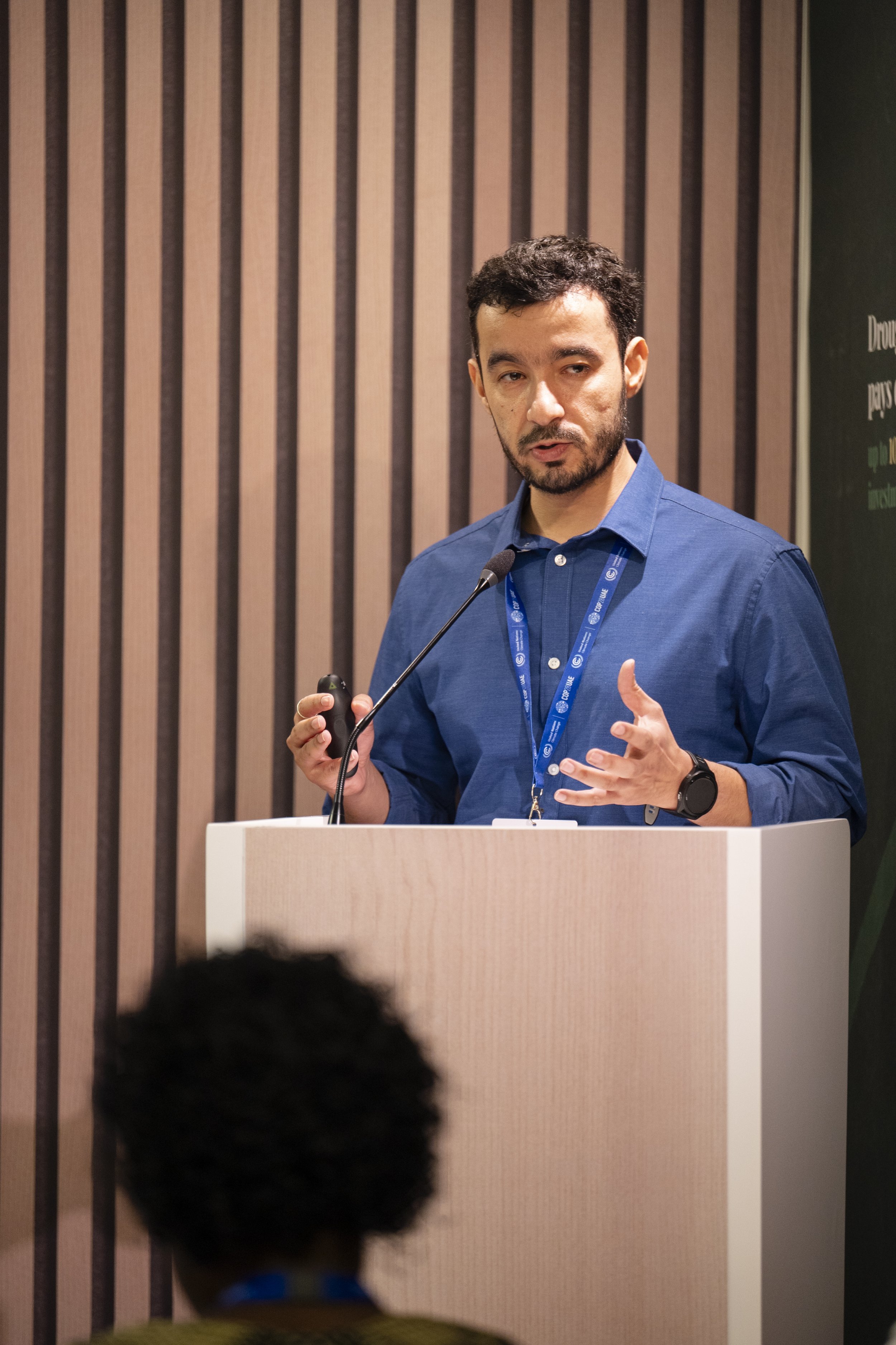
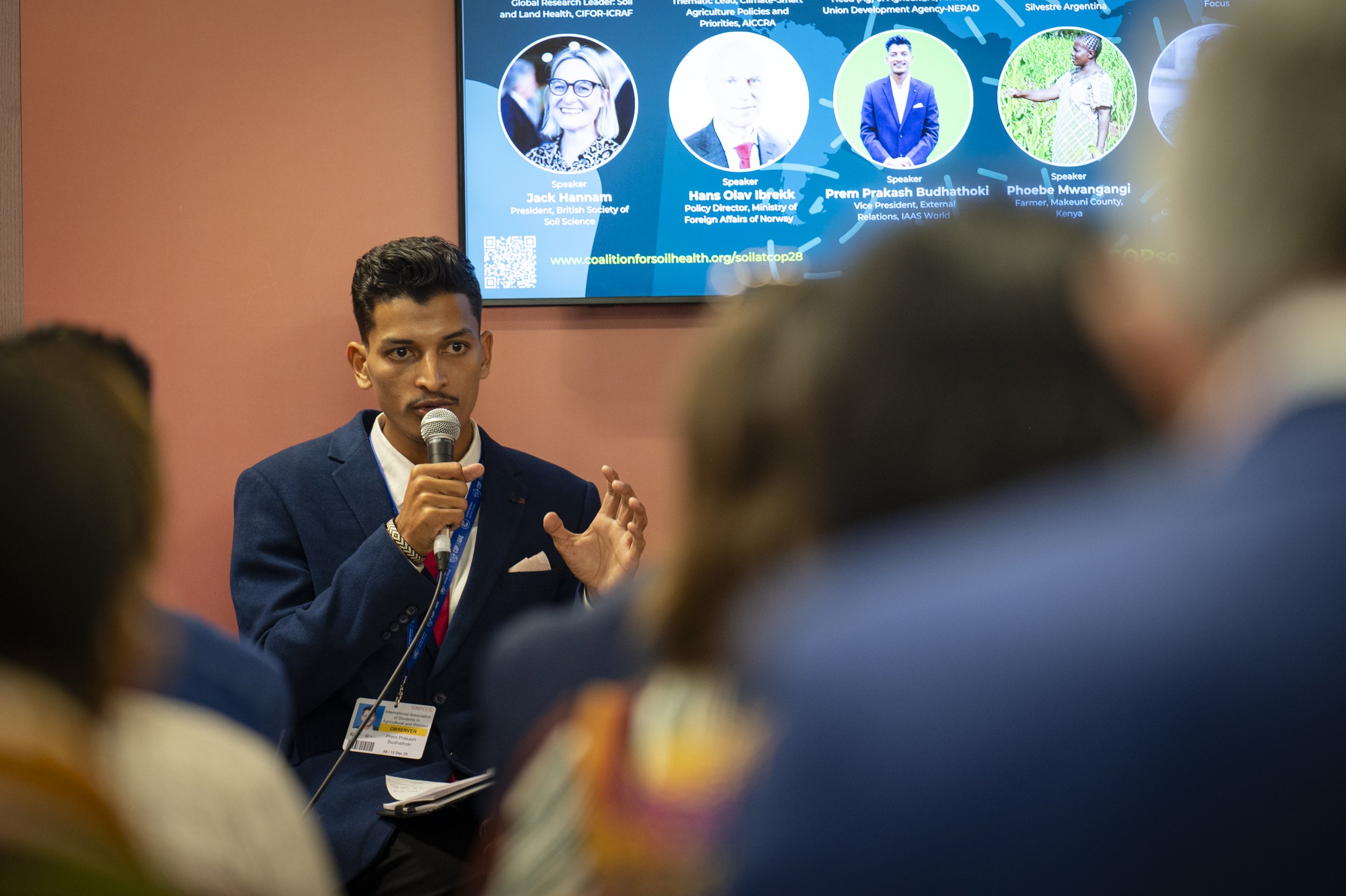
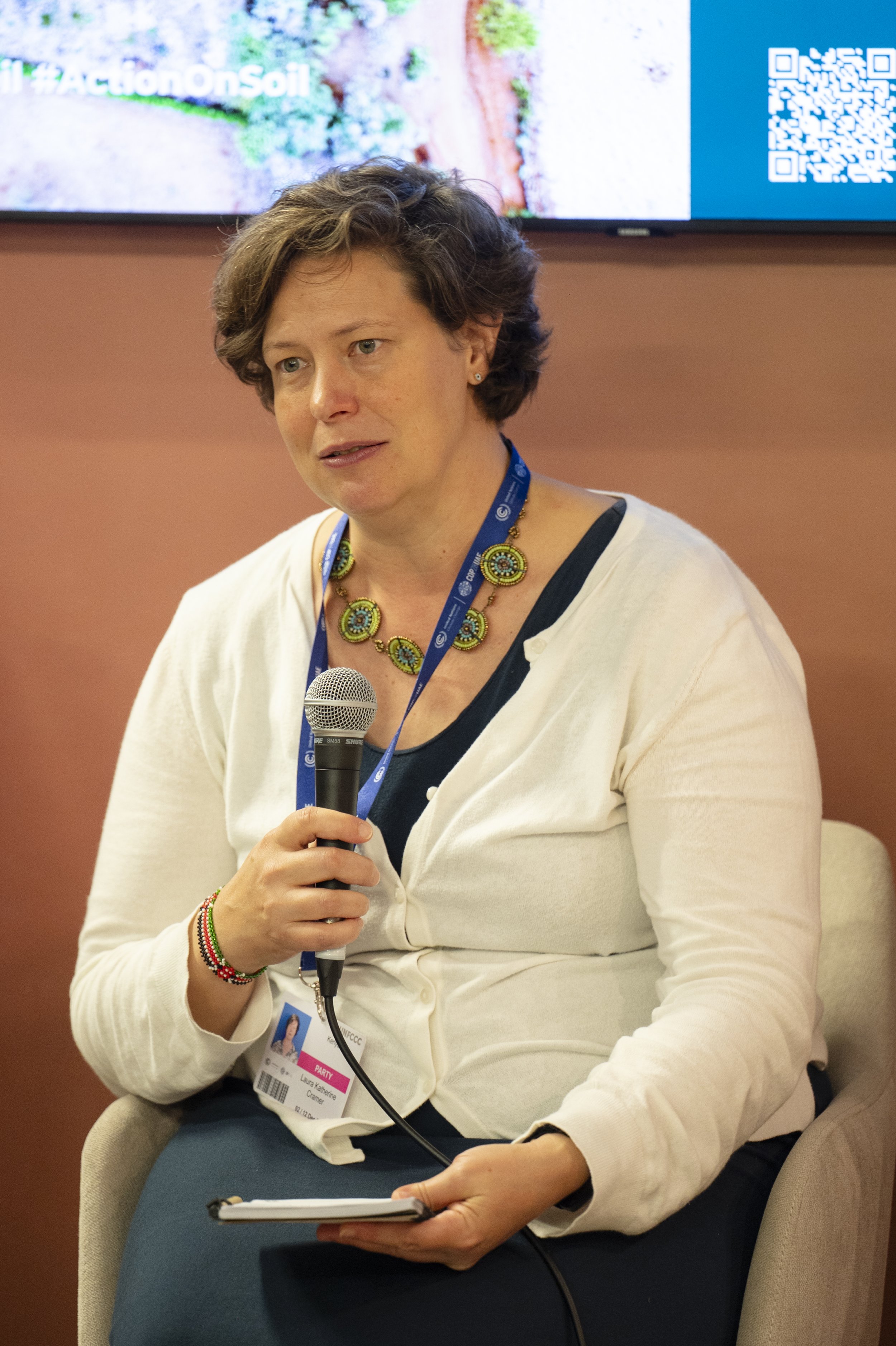
Opportunities for Strengthening NDCs by Bringing in Soil Health and Nature-Based Solutions
Speakers reiterated the potential within NDCs to integrate evidence-backed soil health strategies and NbS, showcasing successful implementation models. Emphasizing the necessity to render NDCs realistic and achievable, the event aimed to galvanize support and resources for countries to implement their climate action plans.
Importance of Soil Health and its Integration into Policy
The pivotal role of soil health in climate adaptation, ecosystem restoration, biodiversity preservation, and food and nutrition security was underscored. Speakers acknowledged the necessity for policies, incentives, and supportive environments to drive the practical implementation of soil health measures, emphasizing the need for concrete data and the involvement of various stakeholders.
Role of Youth in Policy and Practice
The event highlighted the enthusiastic contribution of youth in catalyzing innovative solutions and advocating for soil health. Youth-led initiatives were emphasized as instrumental in fostering sustainable agriculture and soil health, positioning young leaders as key drivers of transformative climate action.
Bridging the Gap Between Policy and Implementation
Speakers stressed the importance of forging strong ties between government bodies, line ministries, and local stakeholders to include soil health in NDC updates. The need for funding, local data, co-developed knowledge, and farmer-owned innovations were emphasized for successful implementation. The opportunity to link climate change mitigation and adaptation, ecosystem restoration, and biodiversity investment in soil health was highlighted.
The Food Forward NDCs tool is being developed to enhance the ambition and implementation of agriculture and food systems transformation for climate targets.
Importance of Farmer Perspectives and Local Innovations
Recognizing the pivotal role of farmers, discussions revolved around the necessity to include their perspectives in policy frameworks, integrating local innovations into wider strategies, and fostering collaborations between stakeholders and farmers. The importance of prioritizing the needs of farmers in policy and investments was emphasized.
Africa Focus: Integrating Soil Health into NDCs
The African continent’s unique challenges and opportunities regarding soil health were brought to the forefront. Speakers highlighted the transformative potential of prioritizing soil health in Africa’s food systems, emphasizing local knowledge, community involvement, and initiatives led by the African Union.
Closing remarks
The event concluded with a collective call to sustain the momentum for soil health initiatives moving forward and to keep soil health on the global agenda. It underscored the crucial need to integrate evidence, soil health, and NbS into NDCs, recognizing their pivotal role in combating climate change, biodiversity loss, and land degradation. It catalyzed partnerships, discussions, and actionable strategies poised to spark transformative changes in global climate policies and agricultural practices.
Hear from our speakers
Session Moderator:
Dr. Leigh Winowiecki, Theme Leader: Soil and Land Health, CIFOR-ICRAF, Co-founder of CA4SH
“We’re excited that we’re producing some tangible and useful products that can actually help scale and can help the implementation of the NDCs.”
Louise Baker, Managing Director of the Global Mechanism of the UNCCD
“If we’re on the agenda, we’re in the car, the car is moving, let’s not take our foot off the accelerator now we have started to move. Let’s keep the pressure on.”
Haseeb Bakhtary, Senior Consultant, Climate Focus
“We cannot exclude food from climate action and climate policies anymore. A food systems approach is needed when developing and implementing the NDCs.”
Manuel Jarmillo, Director, Fundacion Vida Silvestre Argentina (FVSA)
“Soil conservation is about healthy soils, nature, biodiversity. Soil is more than the physical support for plans.”
Dr. Jack Hannam, President, British Society of Soil Science
“We need information at the local level to inform farmers and landowners on specific actions applicable to them.”
Prem Prakash Budhathoki, Vice President of External Relations at IAAS World
“We are the future generation but we have to act now for the future. The role of youth in policy and practice: aspire, advocate and actions.”
Dr. Rachel Waterhouse, Senior Policy Adviser and Team Lead, Sustainable water and food system; Energy, Climate and Environment Directorate (ECED) at the UK Foreign, Commonwealth & Development Office (FCDO)
“We need country specific solutions but it’s really important to think about a global shift in policy.”
Dr. Laura Cramer, ILRI, Policy Lead of AICCRA
“NDCs are really important because they give investment, especially in countries in Africa. In Kenya, 87% of NDC is reliant on external funding. We need locally sourced data and co-developed knowledge projects to be able to feed into NDCs.”
Phoebe Mwangangi, Farmer from Makueni County
“Soil health is the basis of the farming system we have. There is no farmer without good soil health. The farmer is highly dependent on the health of the soil. Governments and other organizations that are developing policies need to have the farmer in mind.”
Manyewu Mutamba, Head of Agriculture, AUDA-NEPA
“If we are to transform our food systems in the continent, it will have to start from the ground up and we will have to deal with soil health. Solutions need to be locally-driven, locally relevant, locally exciting.”
Key Resources
The recording of the session is available here.
Access the COPSoil clearing house that highlights all the engagement from across our membership and beyond.
Policy Briefs: Integrating soil organic carbon into Nationally Determined Contributions. Authored by AICCRA and CIFOR-ICRAF. Published in December 2022.
Food Forward NDCs: Guidance to enhance NDC ambition and implementation for agriculture and food systems transformation. Authored by WWF, Climate Focus, GIZ, BMWK. Website to be launched in March 2024.
Emirates Declaration on Sustainable Agriculture, Resilient Food Systems and Climate Action. Launched 1 December 2023.
Transforming Food Systems for People, Nature, and Climate: A Shared Call to Action. November 2023.
Soil Health Inquiry - Response. Authored by the British Society of Soil Science. Published in February 2023.
Kenya-UK PACT Nature-based Solutions portfolio working group. Published in June 2023.










